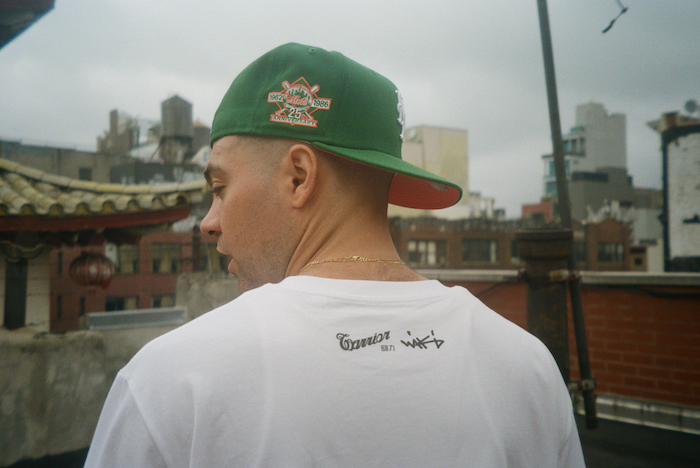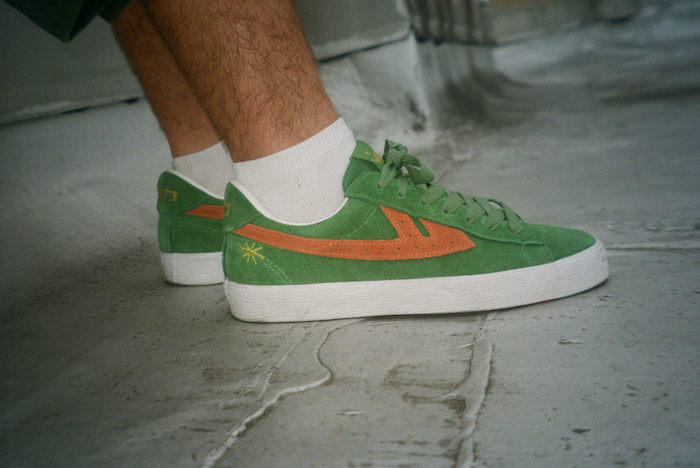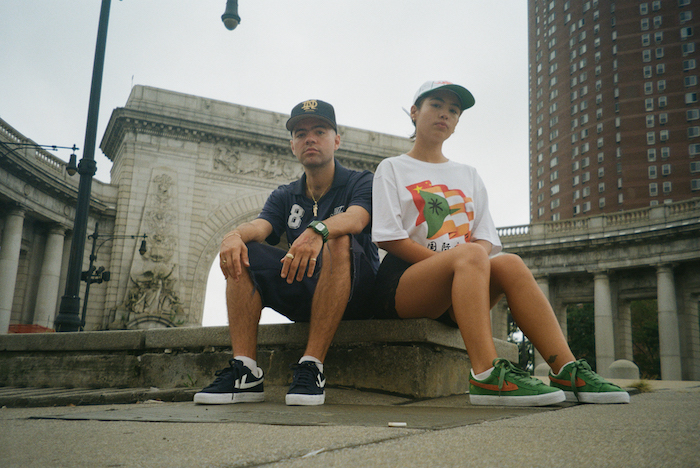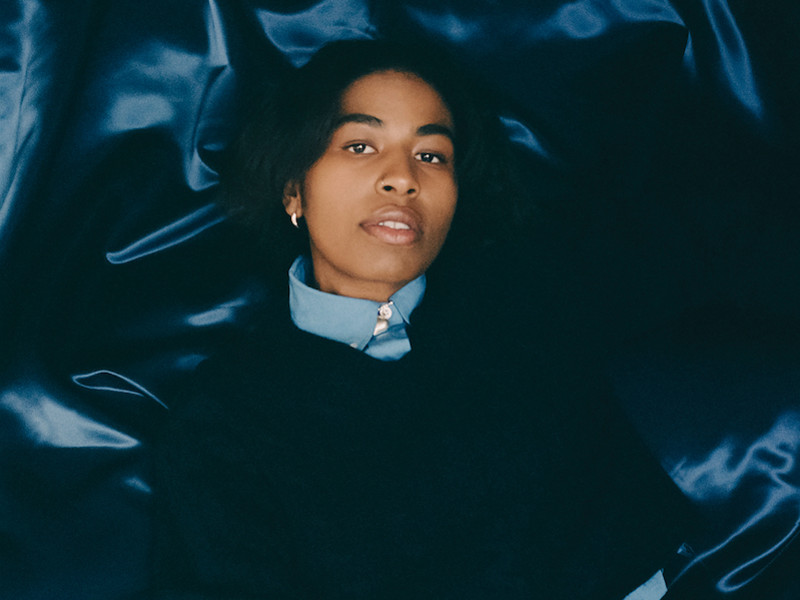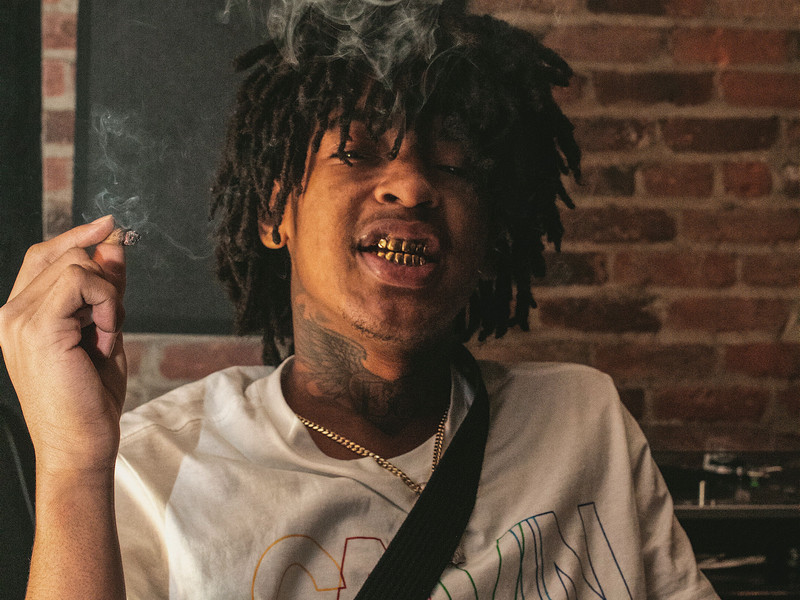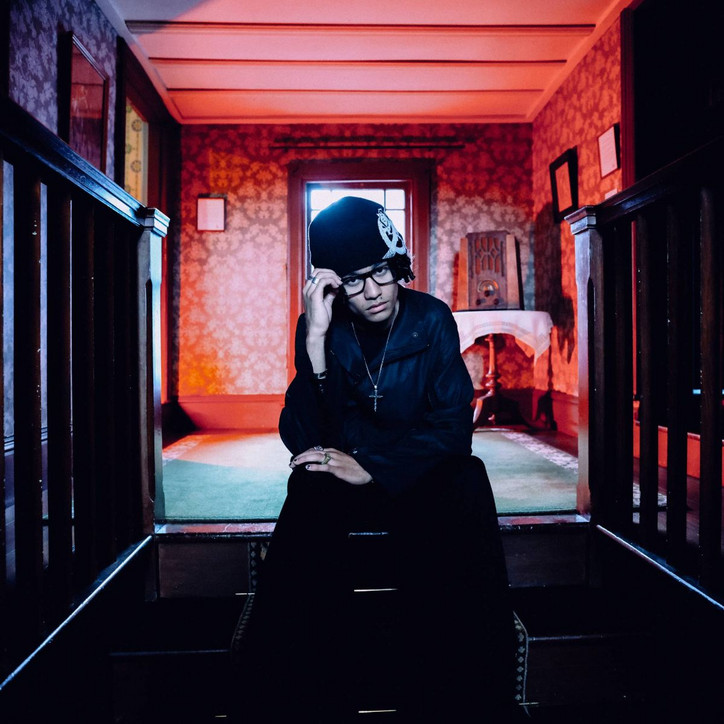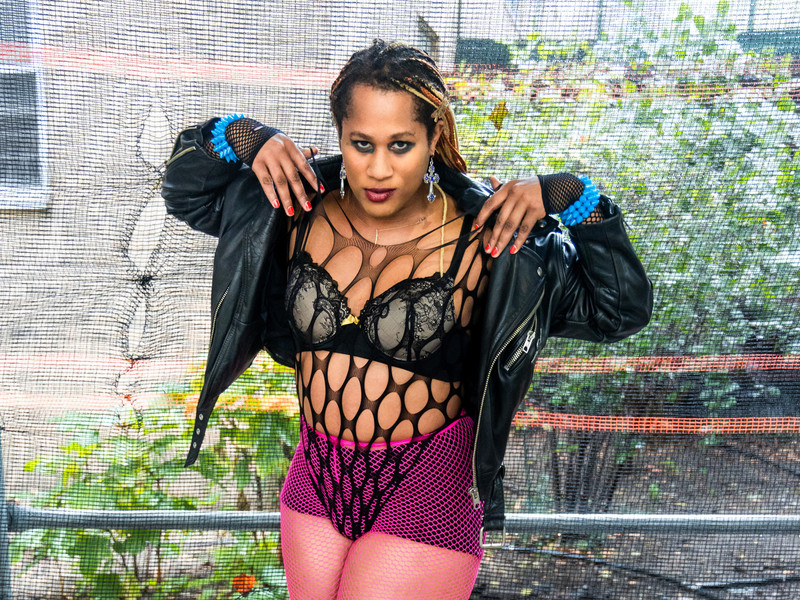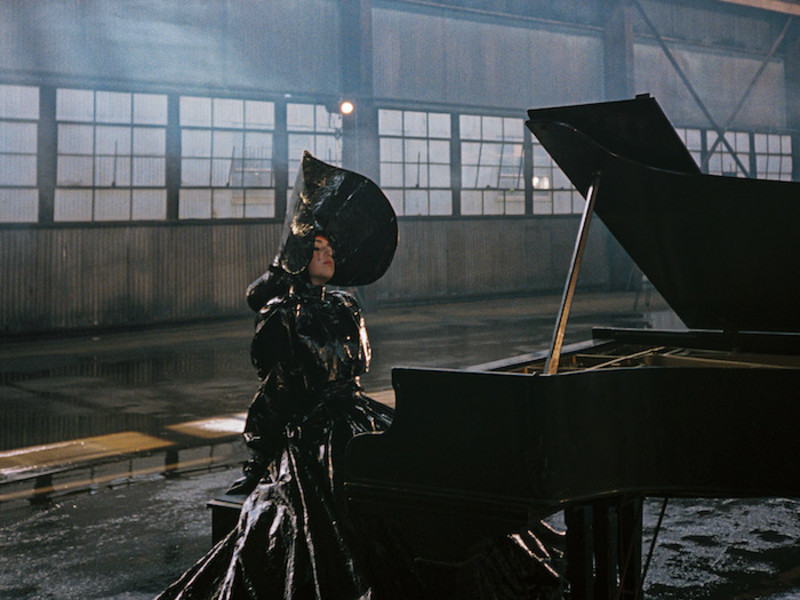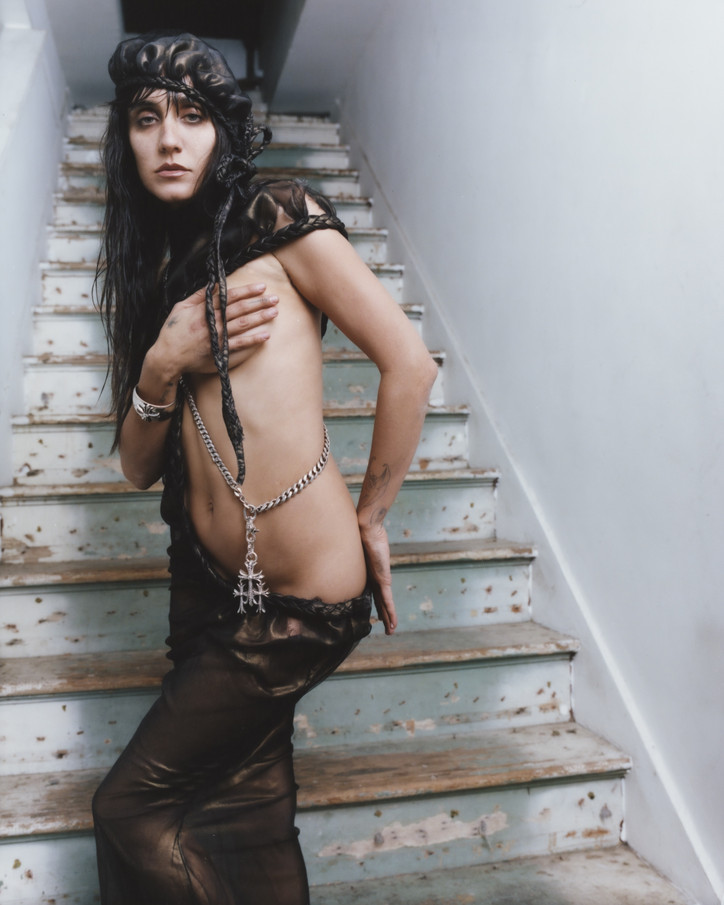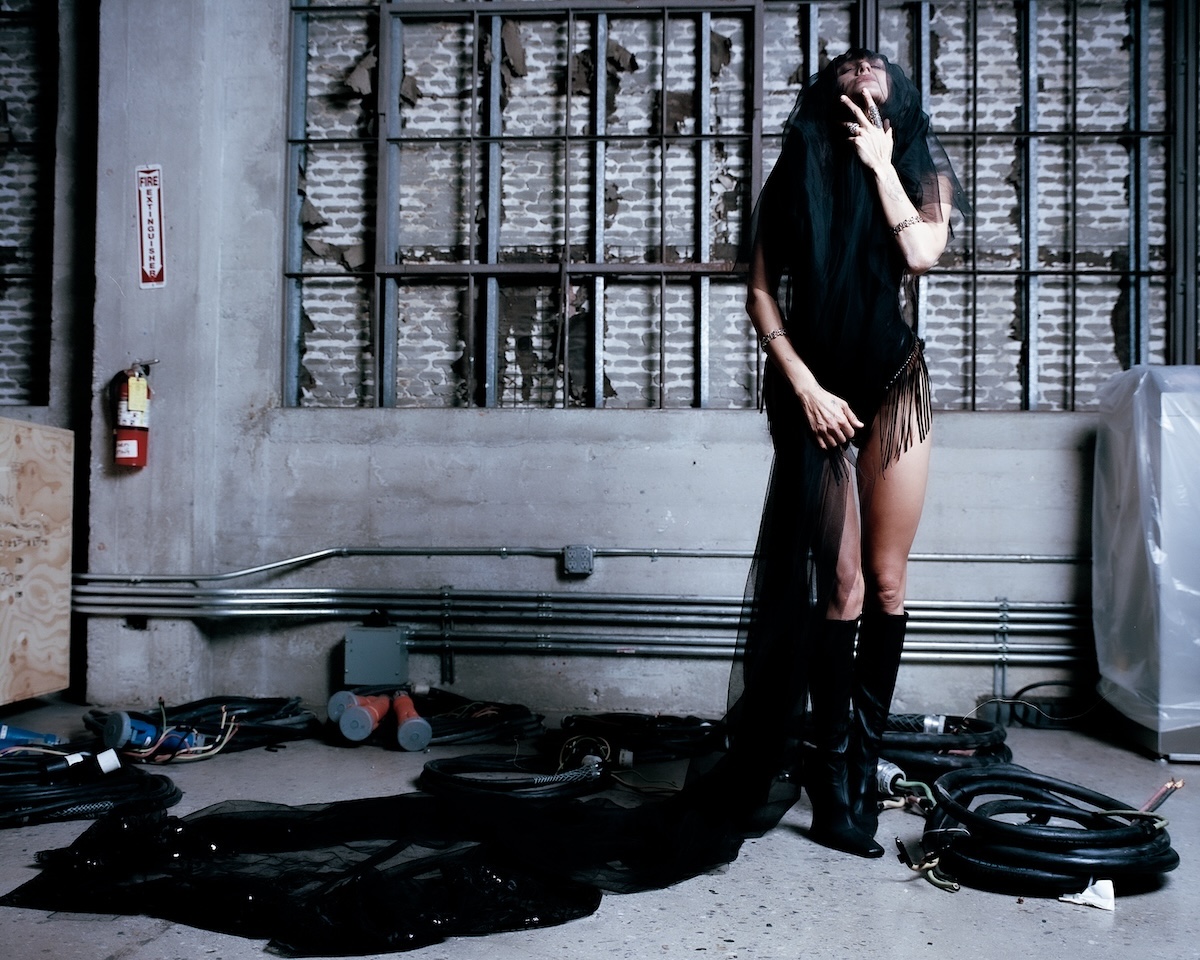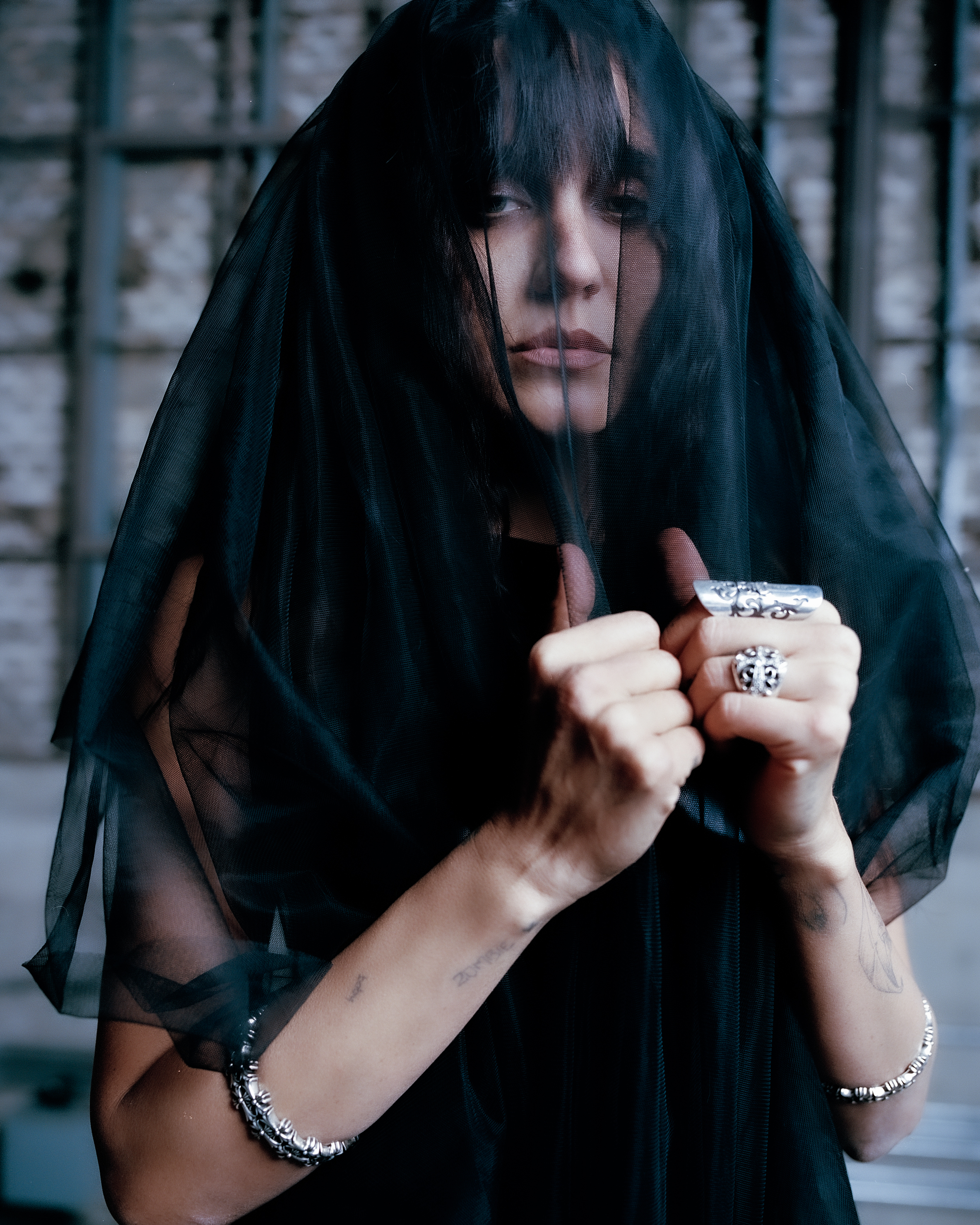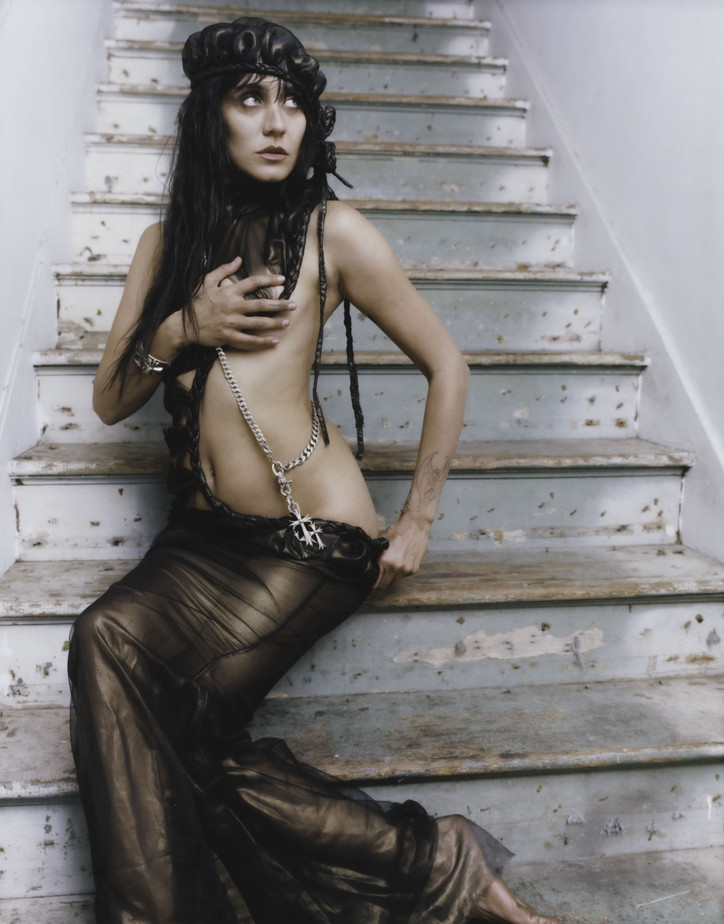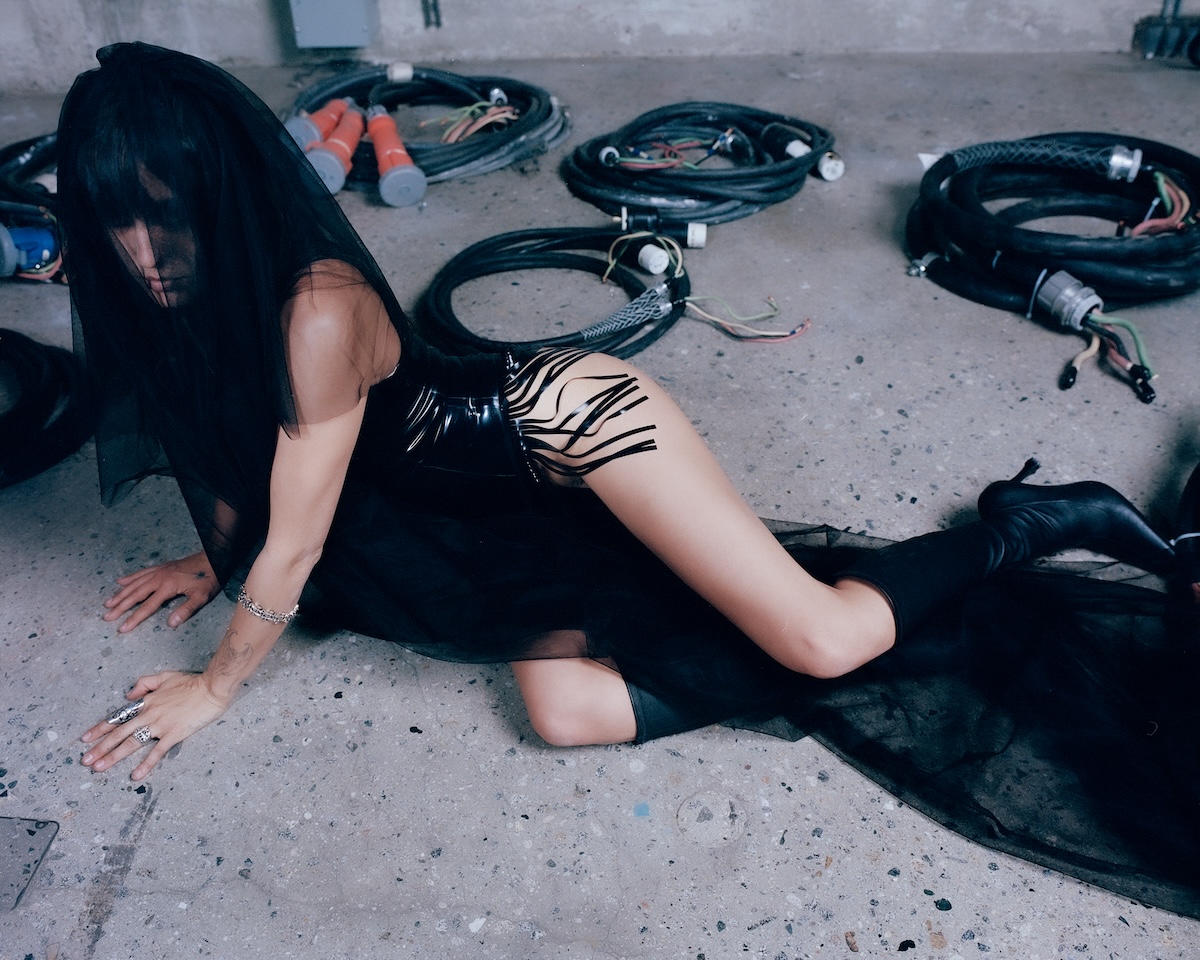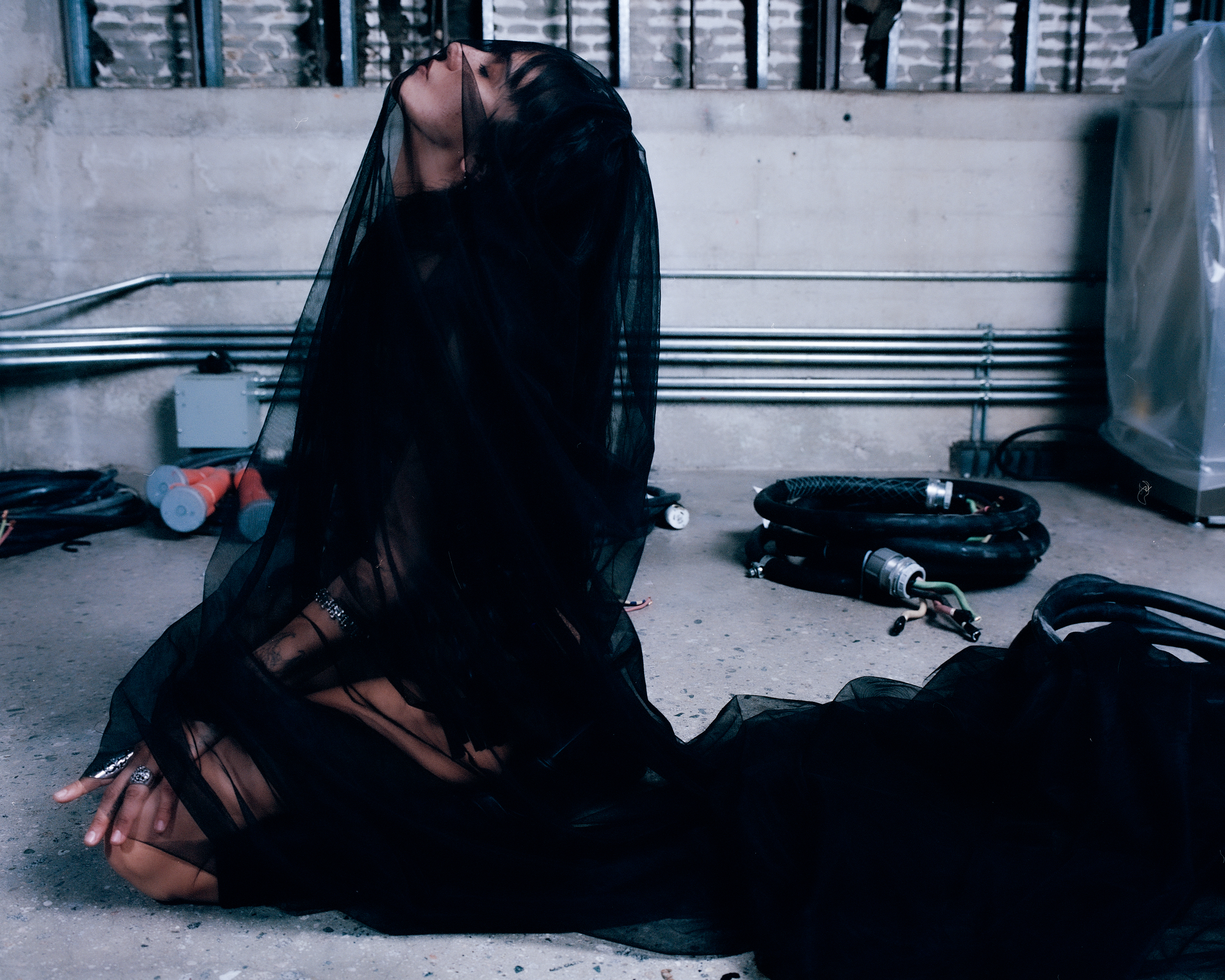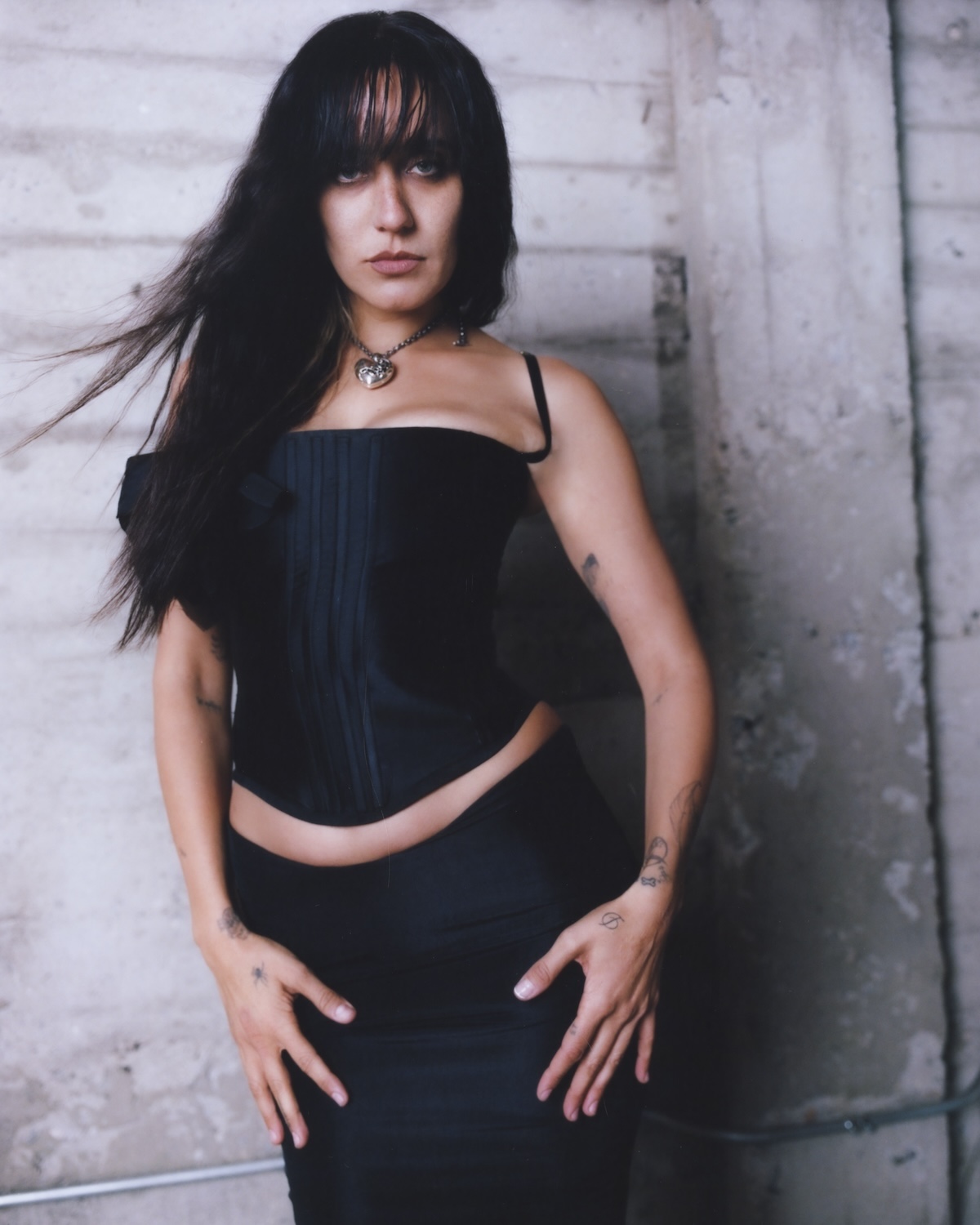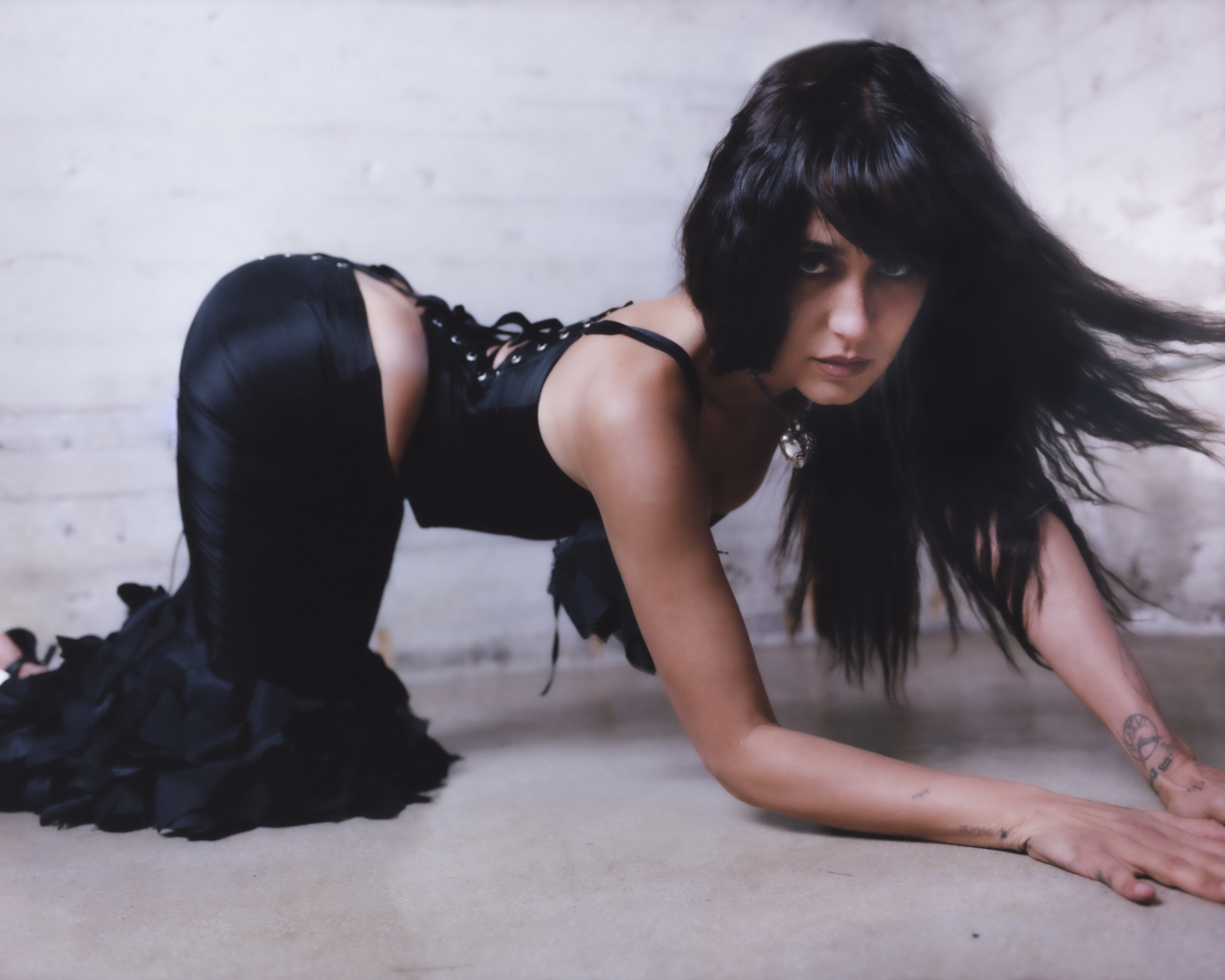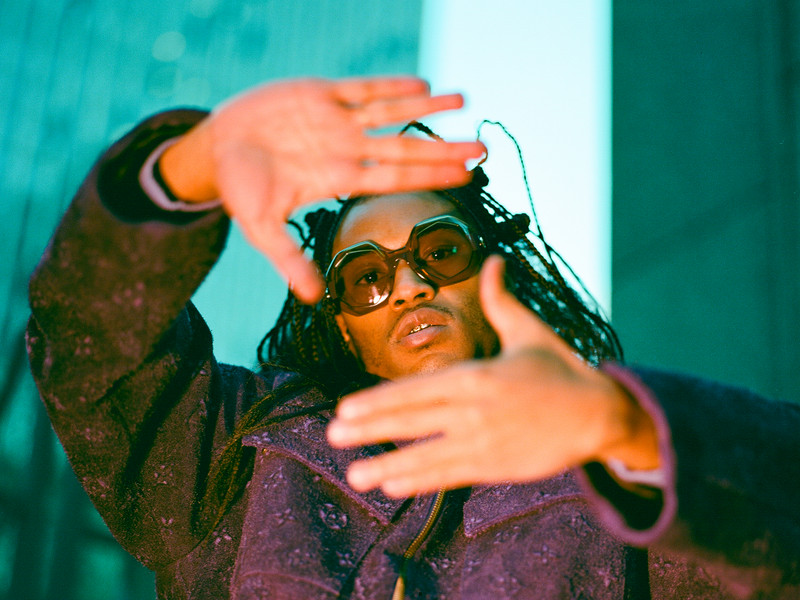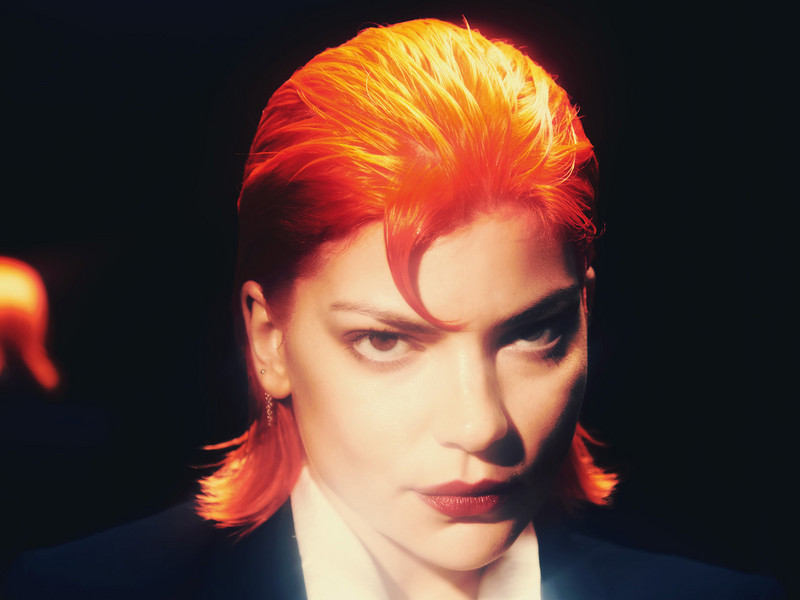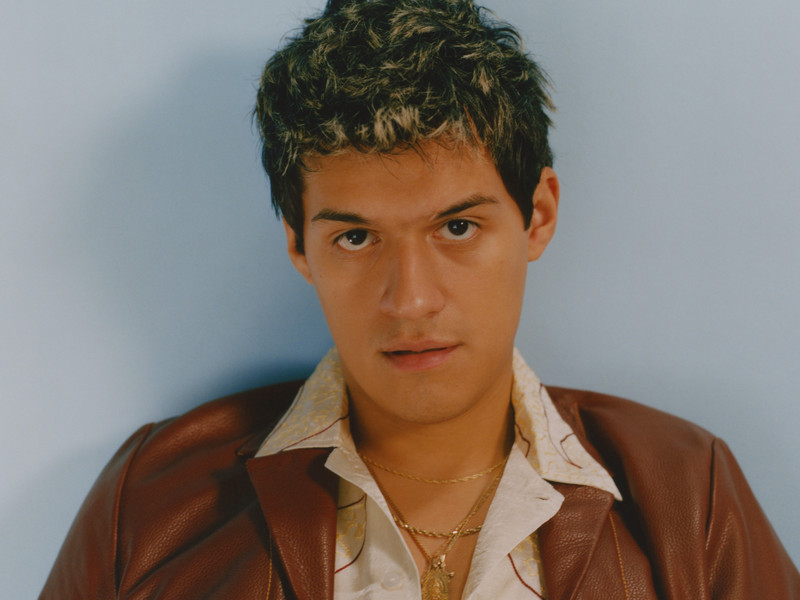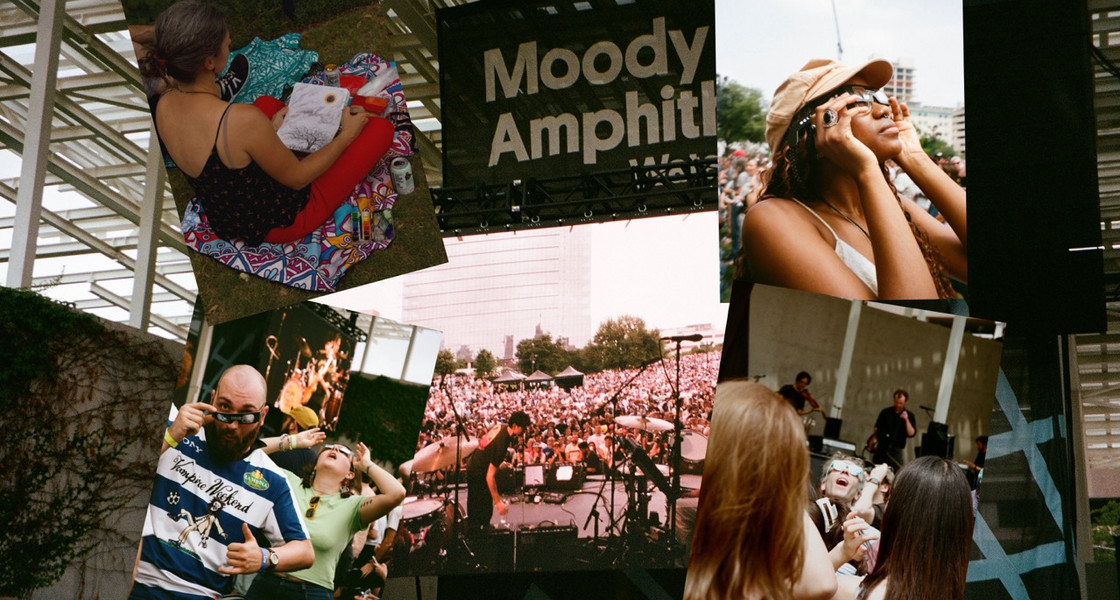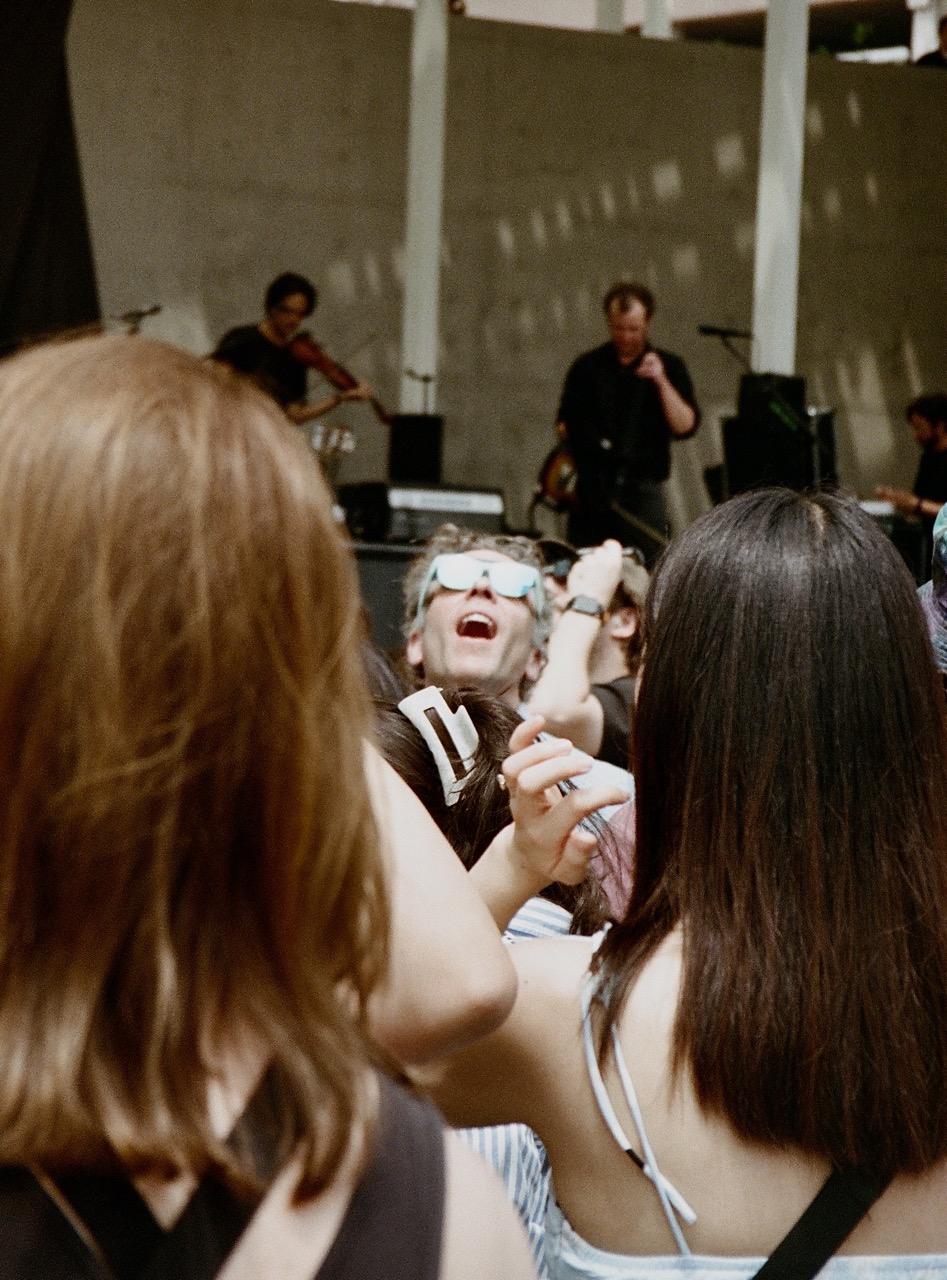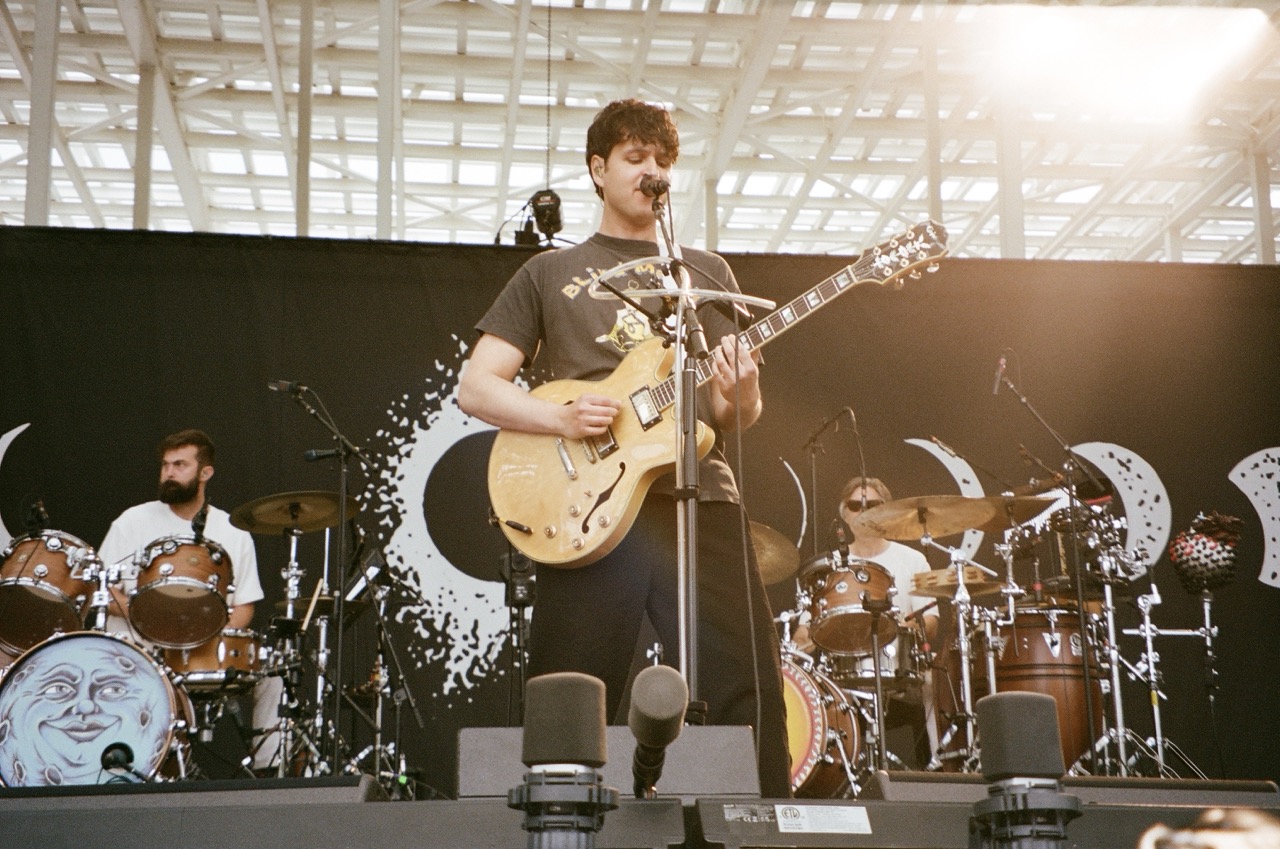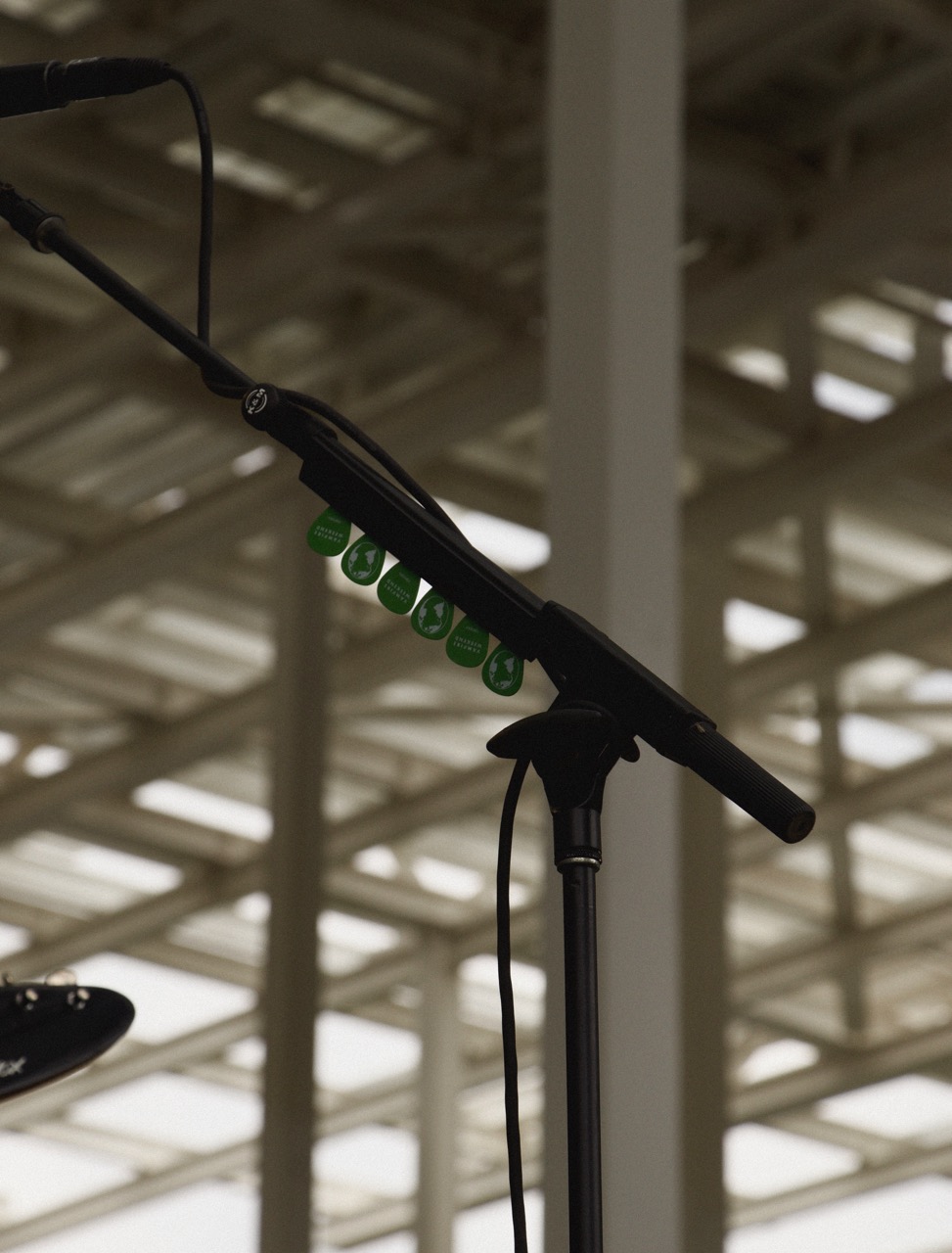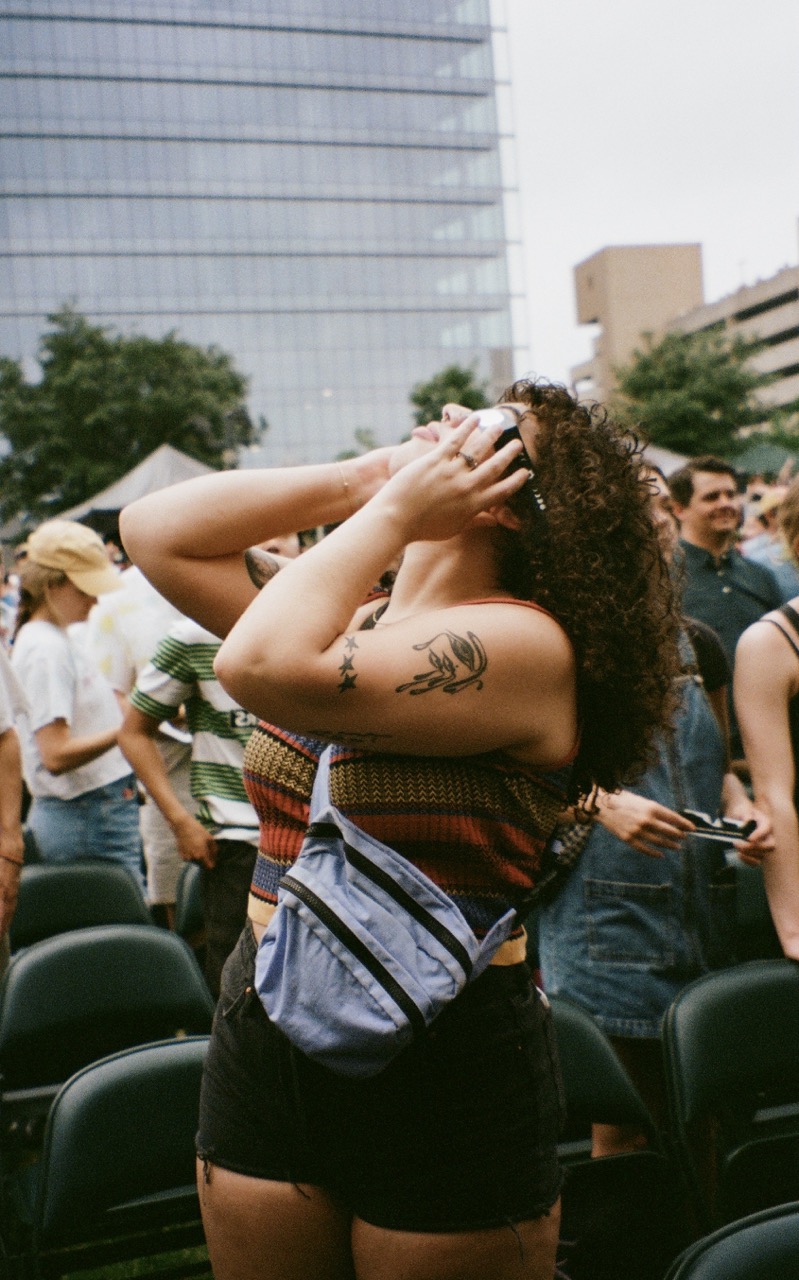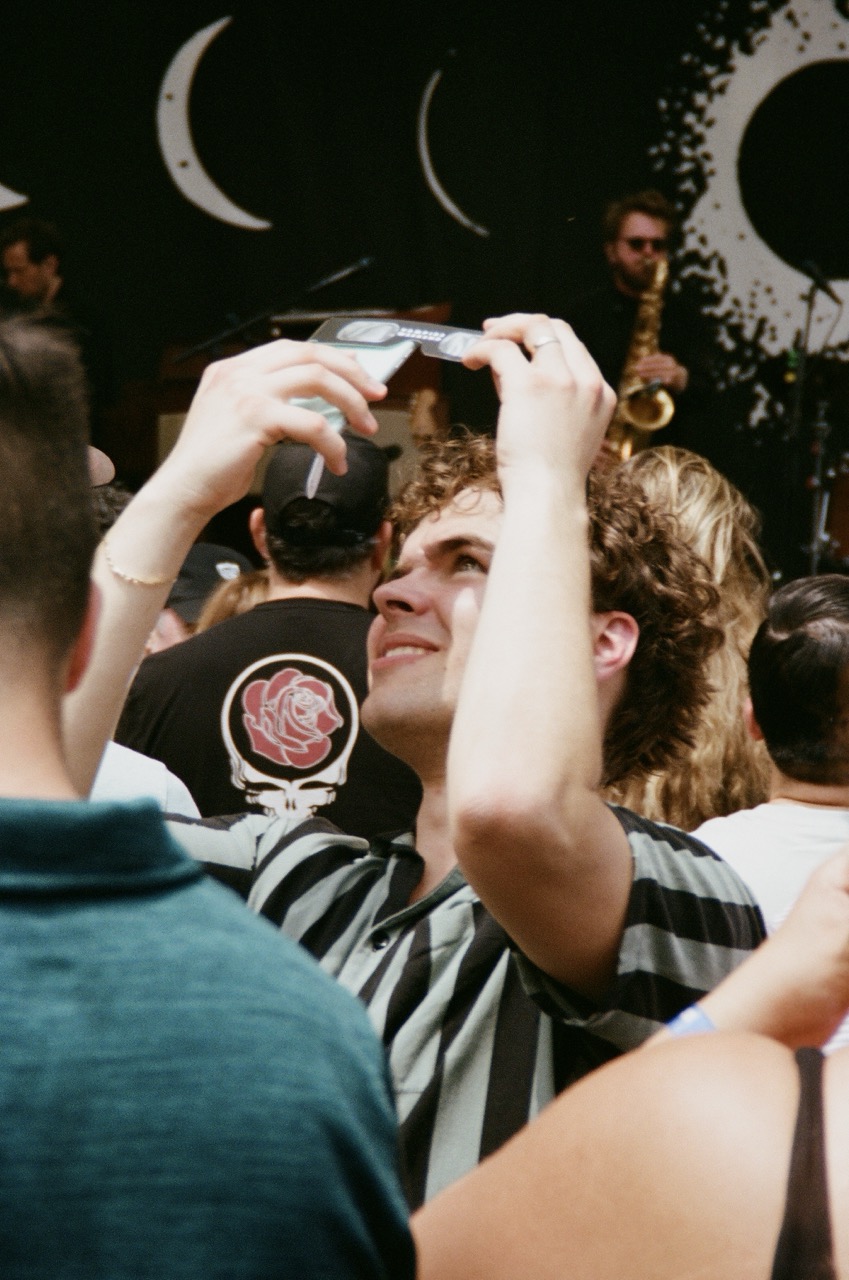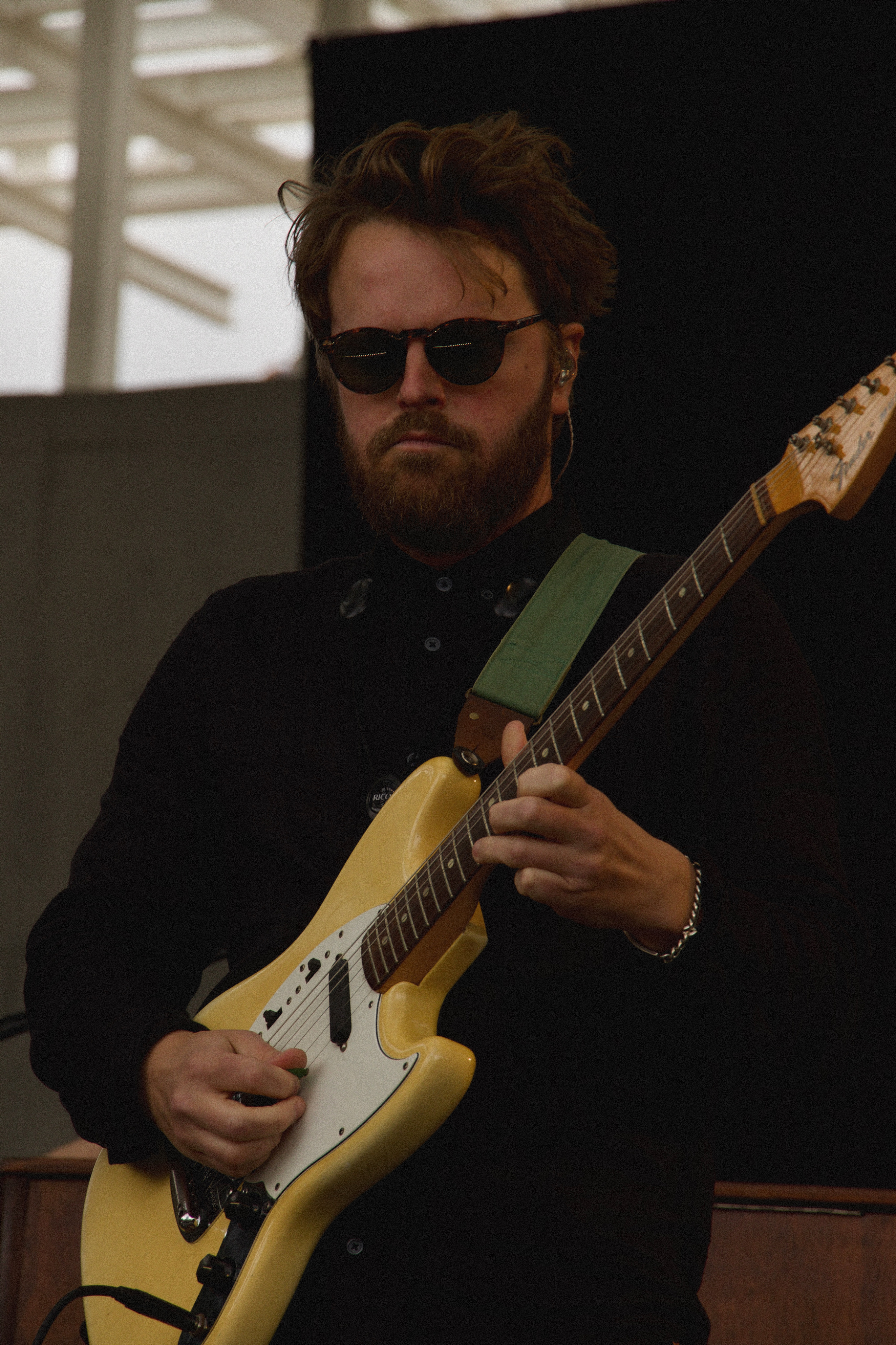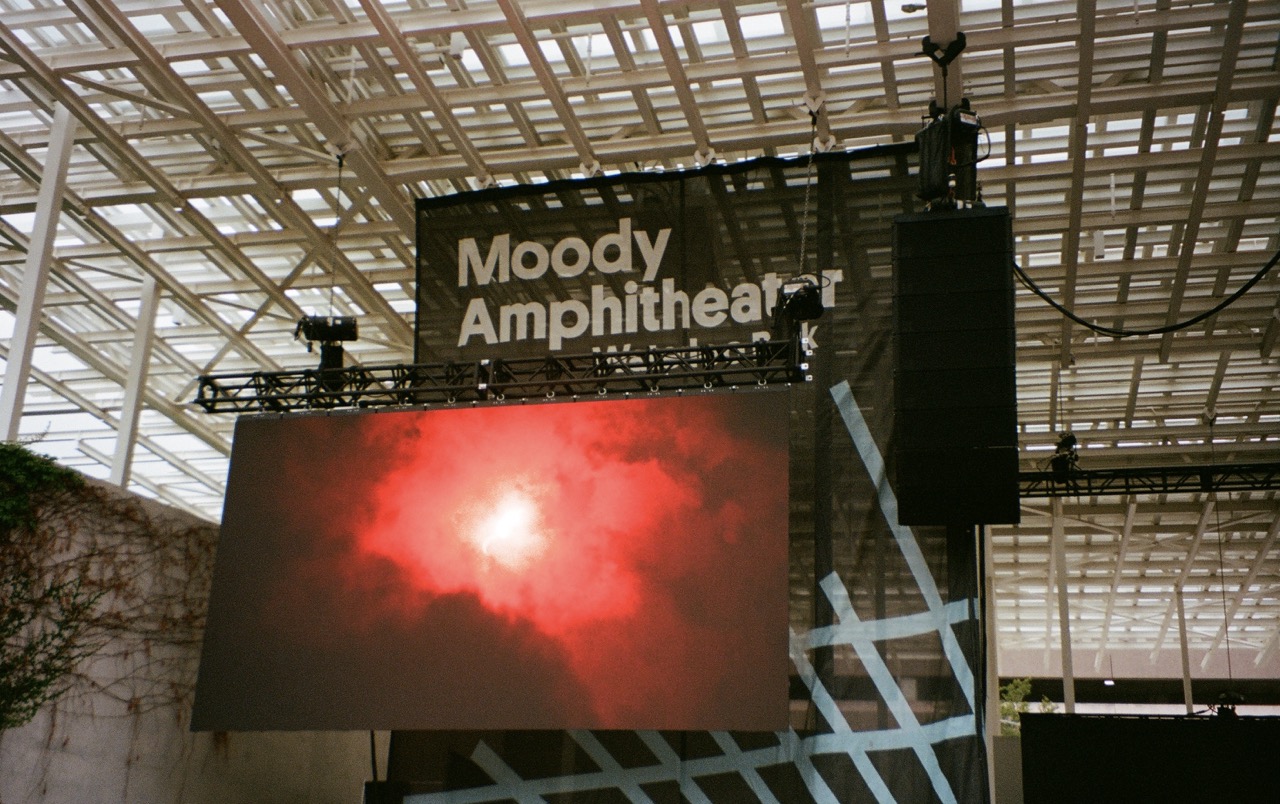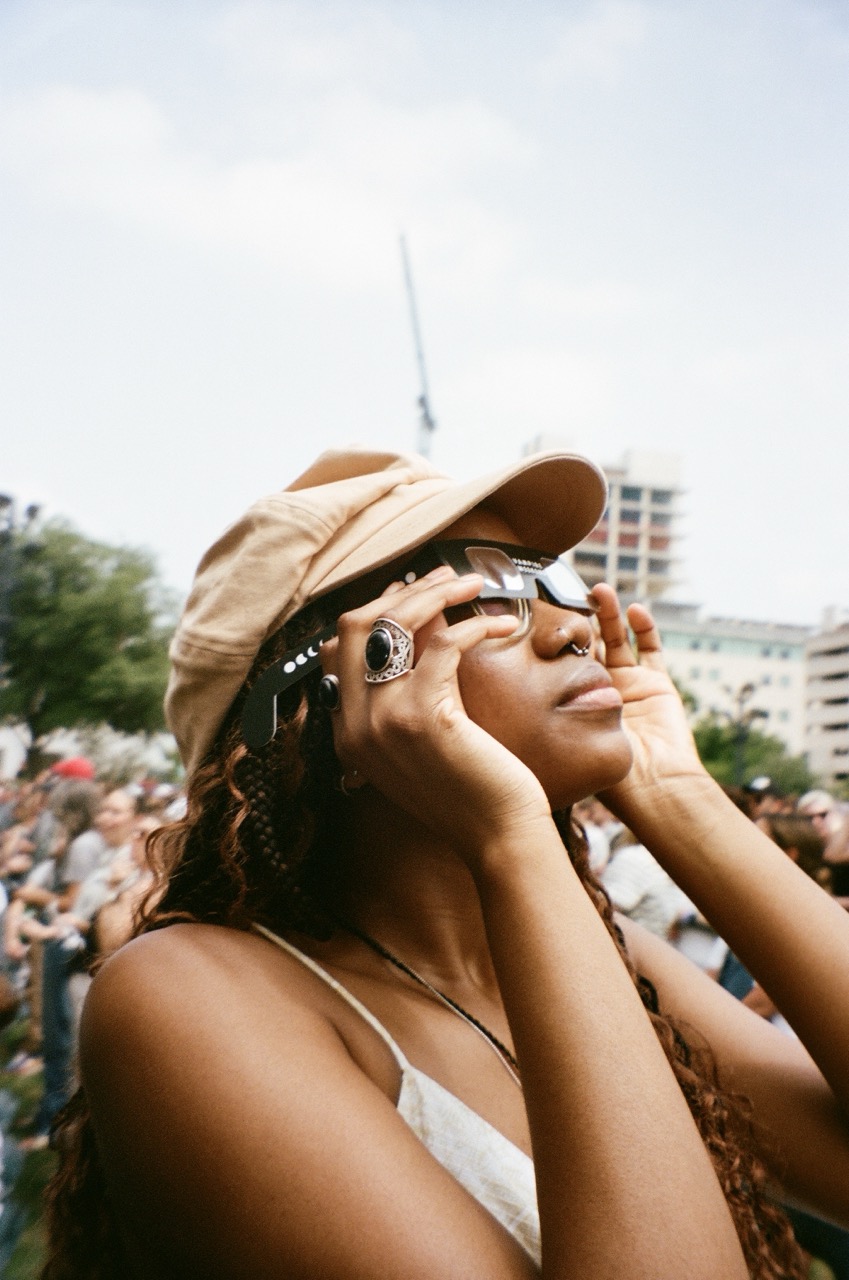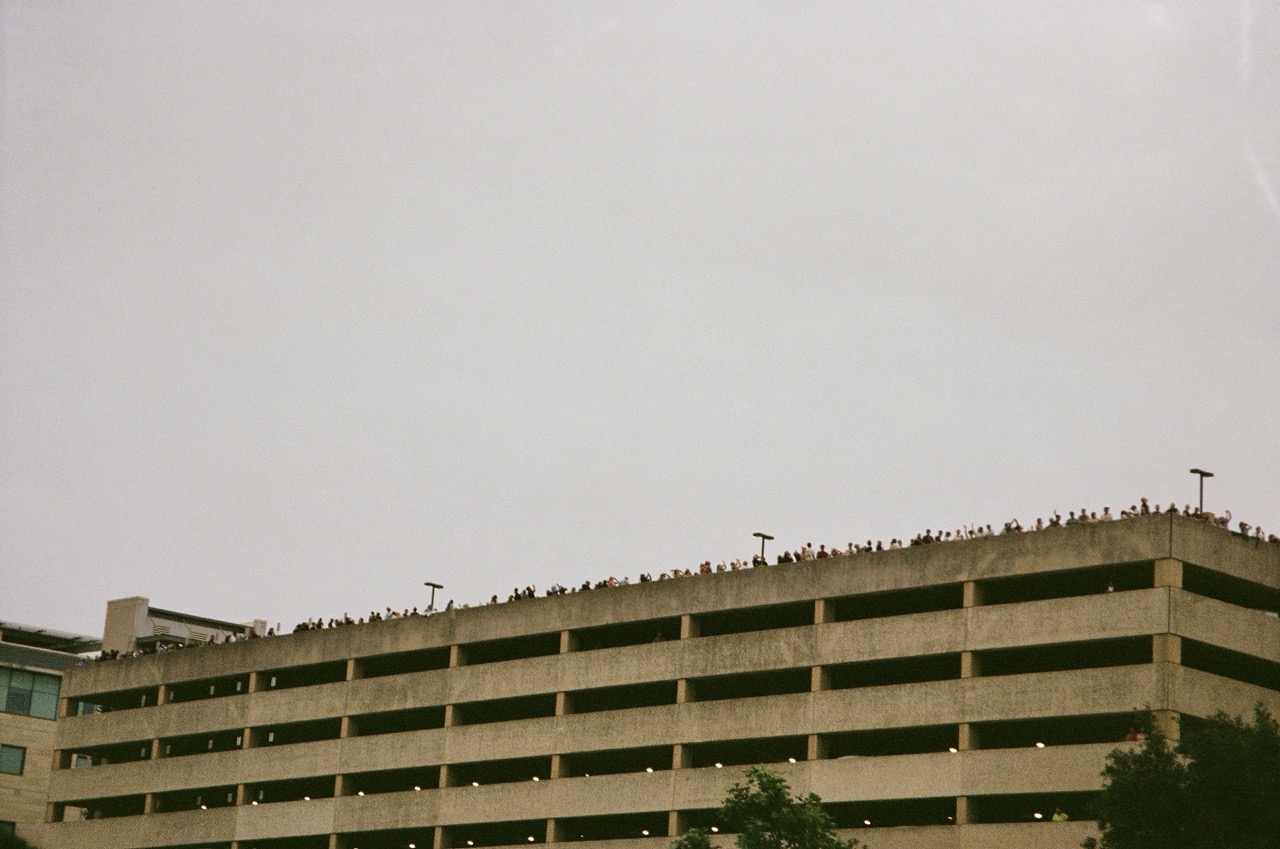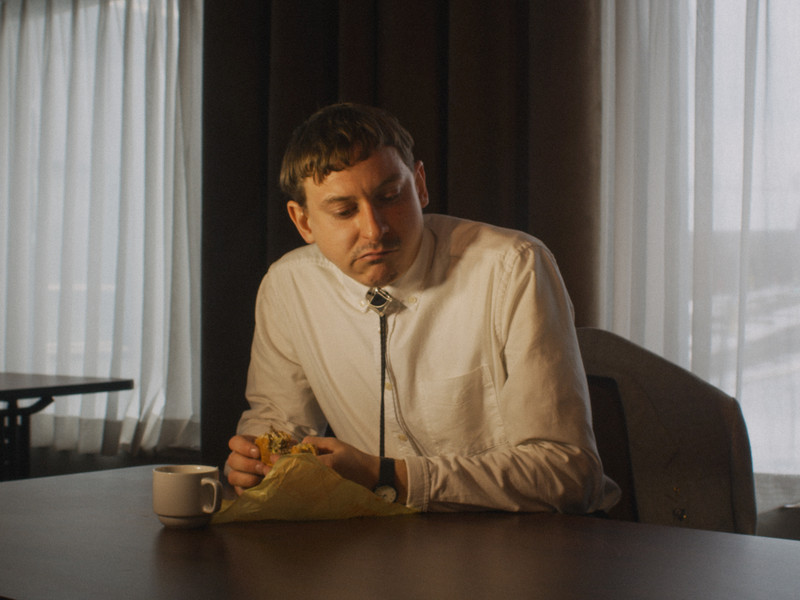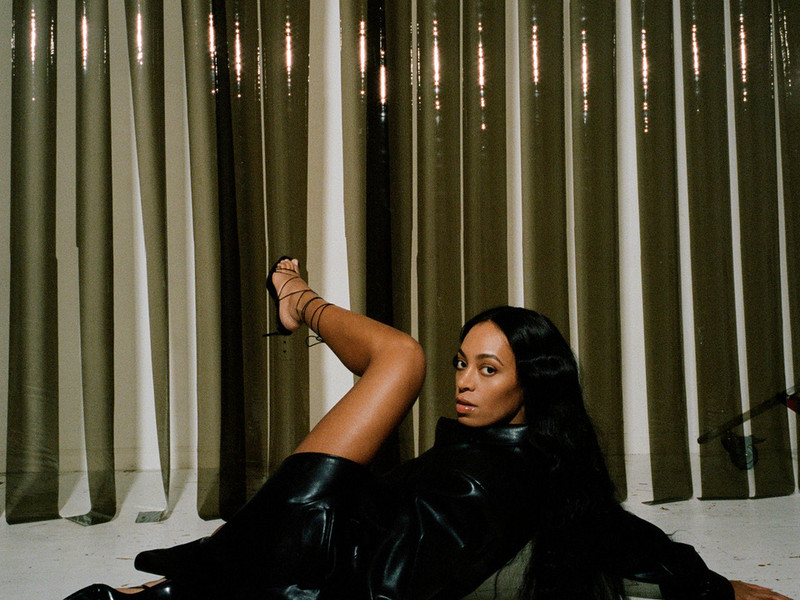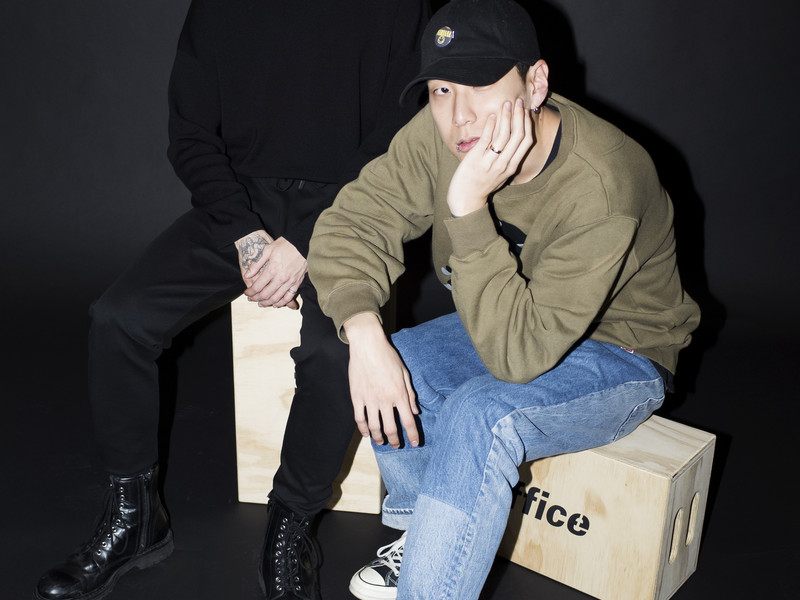The Style and Design of Wiki
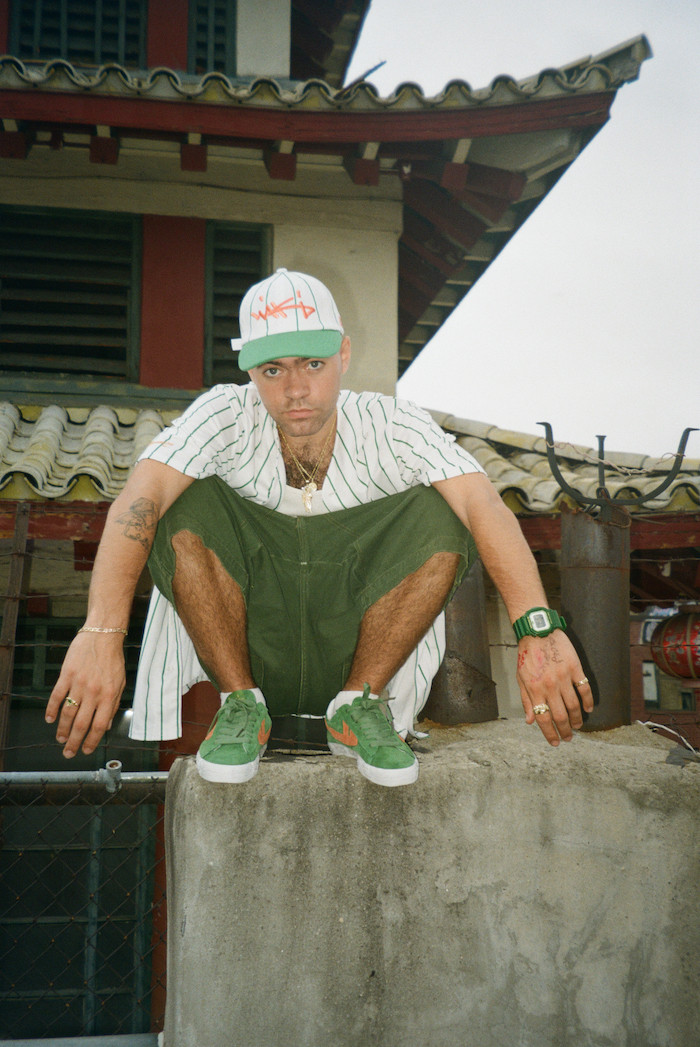
The impromptu fashion showcase snowballs. A throwback Iceberg knitted sweater is next on display, followed by the green plaid Iceberg buttoned-down shirt he’s wearing. Behind his bedroom door hangs a rare Ralph Lauren heavy firefighter’s jacket in his favorite color combination, orange and green. Crisp light blue denim jeans are cuffed over his chocolate toned and rugged-refined pair of leather Polo duck boots. The eagerness for a cold winter chills the room even though September is not quite done.
Wiki is now more meticulous about his look than his 17-year-old self. When I first met him at an art gallery in Lower Manhattan, he sweated through his orange Polo shirt after burning down the microphone. In between pulls of his joint, Wiki laughs, recalling his early outfits, wearing tight-fitting ‘Tripp pants’ to Japanese streetwear brand, A Bathing Ape.
“When I was in high school, I came out of a punk, kind of weirdo style. I would sew shit onto my hoody. I like mixing it all up. In hip-hop, it’s important to flip stuff and that’s the best with style too.” he remembers. Wiki is not necessarily known for his fashion sense but his effortless stream of thought and flow is what he’s credited for. Honing his craft as a rapper superseded everything for the best and the worst. The perfect concoction of the artist’s raucous energy paired well with his grizzled references to a New Yorker’s grind through brutal winters and hustling to earn an honest living. He was known to chase these potent images with a mic in one hand and a beer in the other.
Having raw talent was an entrée to big opportunities. Wiki, as the frontman for Ratking, performed one of his first N.Y.C. shows with Twigs (before she was FKA Twigs). He later recorded a verse for the “That’s Not Me” (Remix) and “God Bless Me” alongside Skepta, and toured with King Krule. Making a splash with brands came by way of Wiki’s vast network of friends. In 2018, Wiki posed in a custom Christian Dior cloak on the cover of Arena Homme Plus Magazine. And, this March, Diego Moscosoni, the founder and designer of hand-dyed soccer apparel brand Nowhere FC, enlisted Wiki as one of the models for a collaboration with Jameson Irish Whiskey.
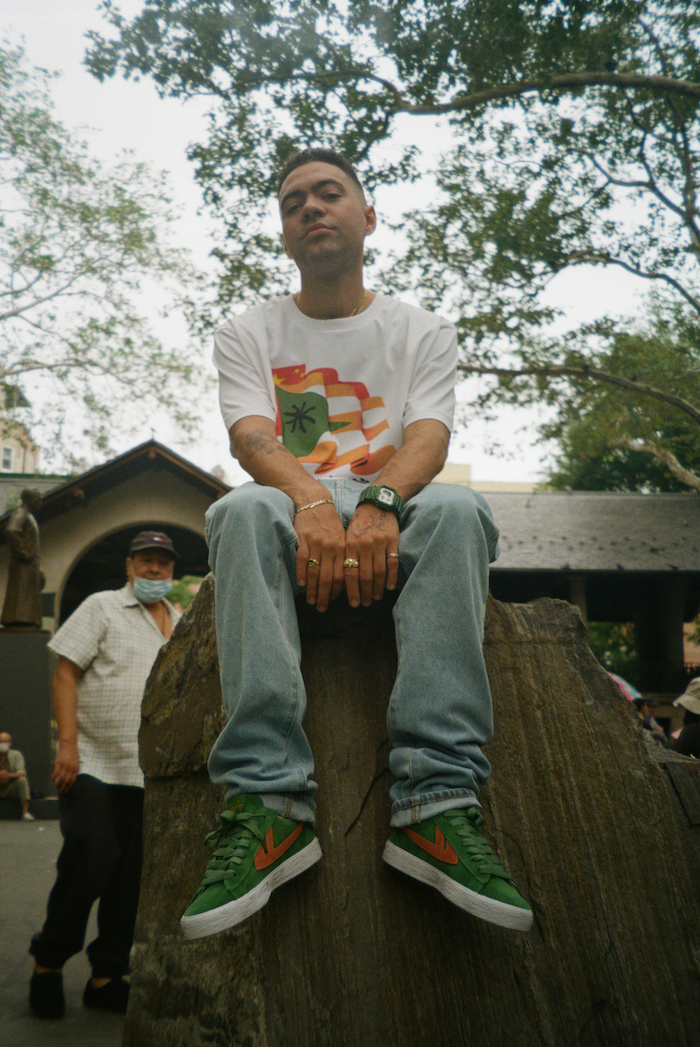
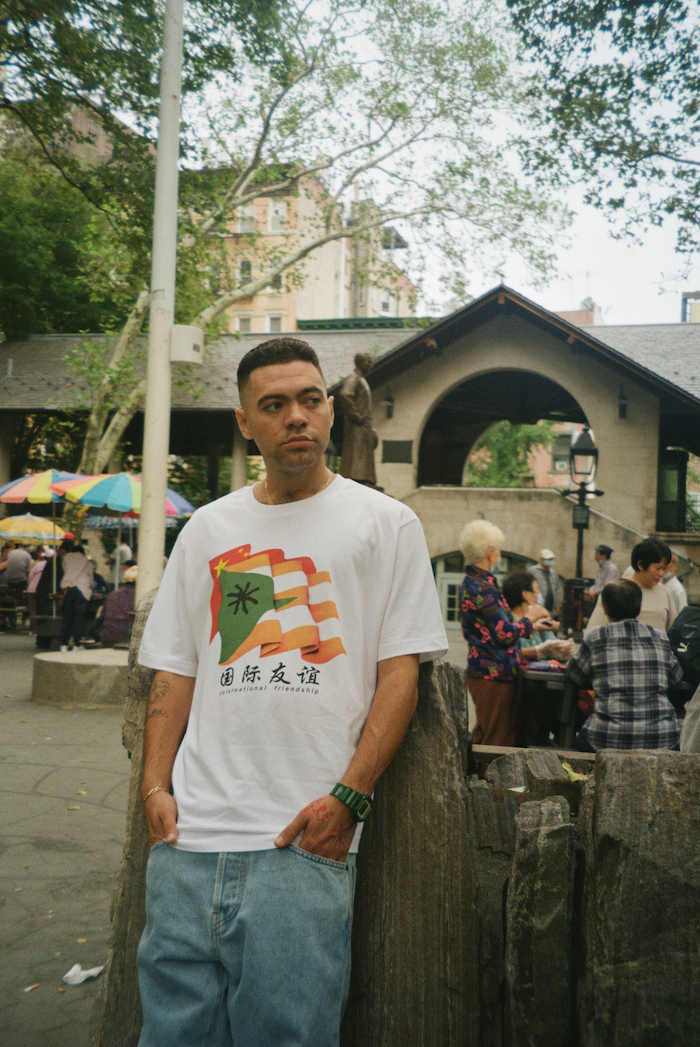
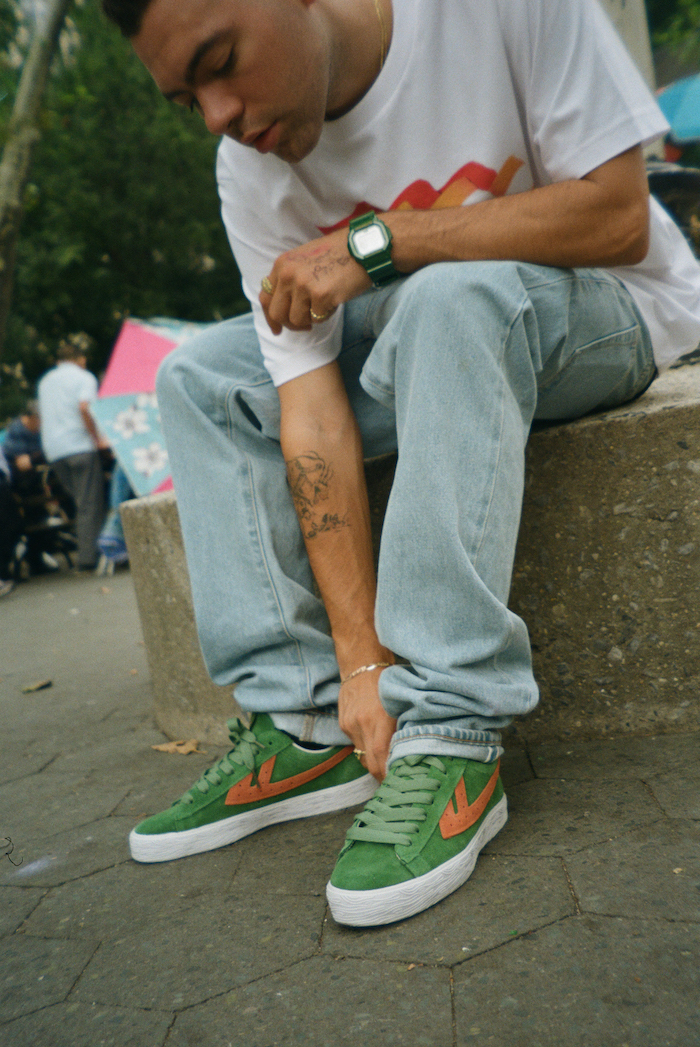
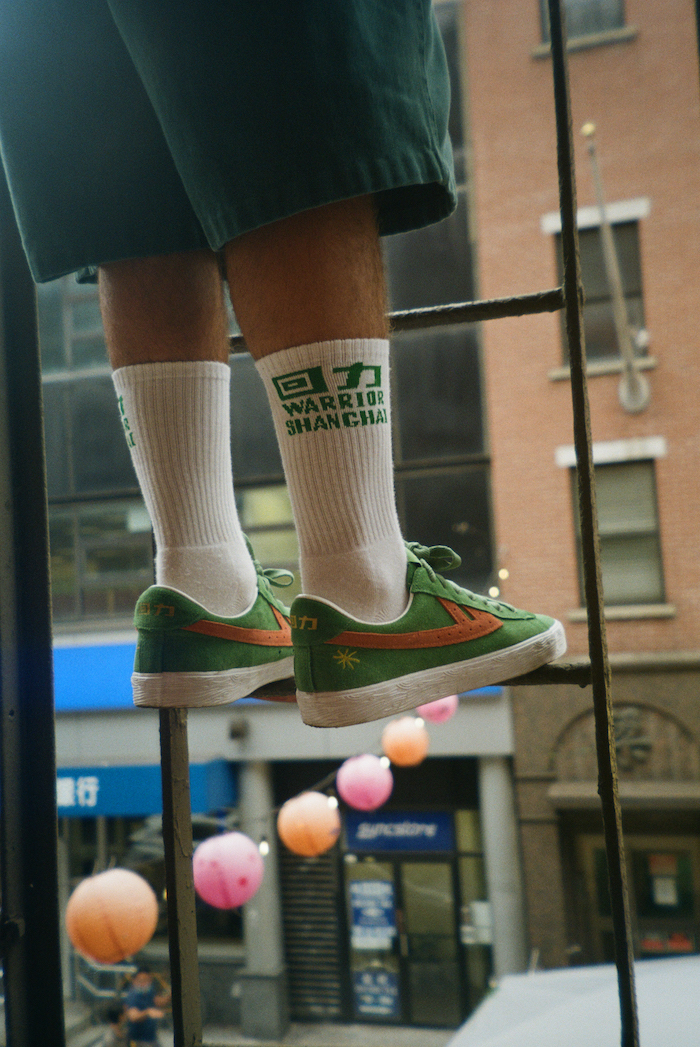
Multidisciplinary artistry manifests in the depth of long archival work Wiki has produced. It is layered with hand-crafted album artwork, merchandise, and a dense music discography spanning almost a decade. Each level of the rapper’s house of culture is built with a strong sense of pride in being a native New Yorker that was born on the Upper West Side to his Irish mother and Puerto Rican father. Ever since Wiki’s solo debut , Lil Me (XL Recordings, 2015), most of his album’s artworks featured a flag that interpolates elements of his ethnicity: the orange, green, and white colors of Ireland’s flag repurposed in the layout of Puerto Rico’s starred pennant.
The cover of Half God (WIKSET Enterprise, 2021), the N.Y.C. rapper’s latest masterpiece is accented by the Wiki flag in black and white. On one side, Wiki glued a collage of photos, sketches of himself, and coqui (frogs native to Puerto Rico); the other side features titles of the LP’s 16 tracks, along with more jagged pieces of paper with drawn references to underground rap legend MF DOOM, reggae luminary Yellowman, and former New York Knicks point guard Nate Robinson (clad in the Knicks St. Patrick’s Day uniform). These figures have a deeper connection to Wiki in that they were all underdogs, who ascended to notoriety breaking the mold that their contemporaries conveniently fit.
With the original art sitting on top of his unmade bed, Wiki puts on his creative director hat to comb through the original artwork citing his inspiration. His drawing of a topless Lady Liberty is a re-imaging of the woman from Big Pun’s album packaging for Capital Punishment. An upside down “M” from the New York Mets logo, the 1 train symbol, plus his re-interpretation of “K” and “I” fonts sourced from the Internet spell Wiki; then he does a similar typography treatment for Navy Blue — Half God’s executive producer.
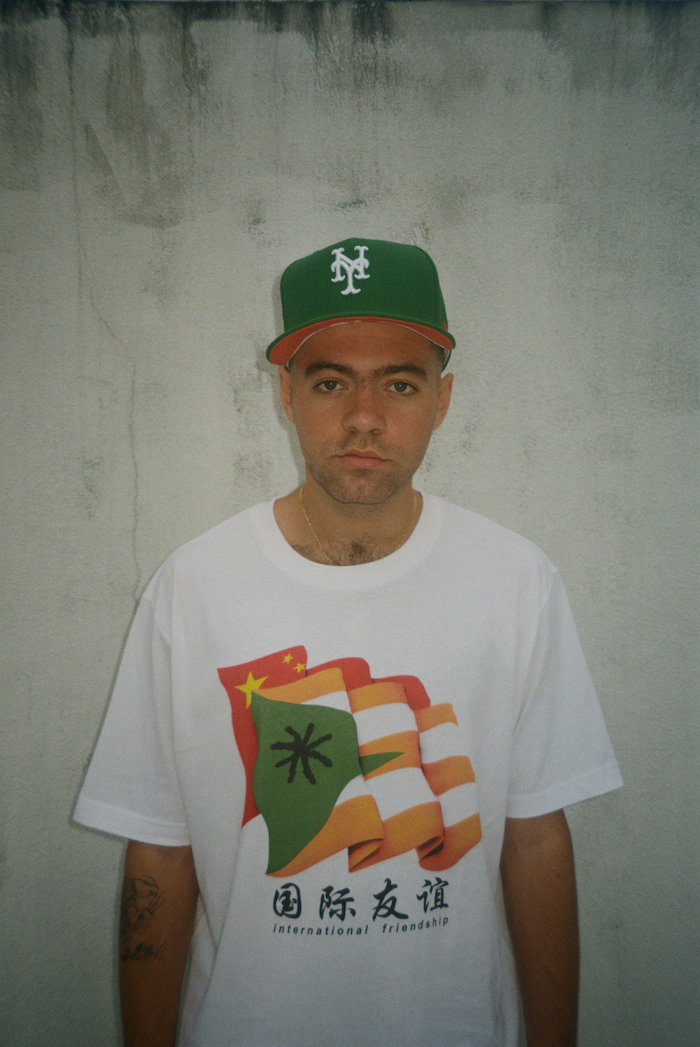
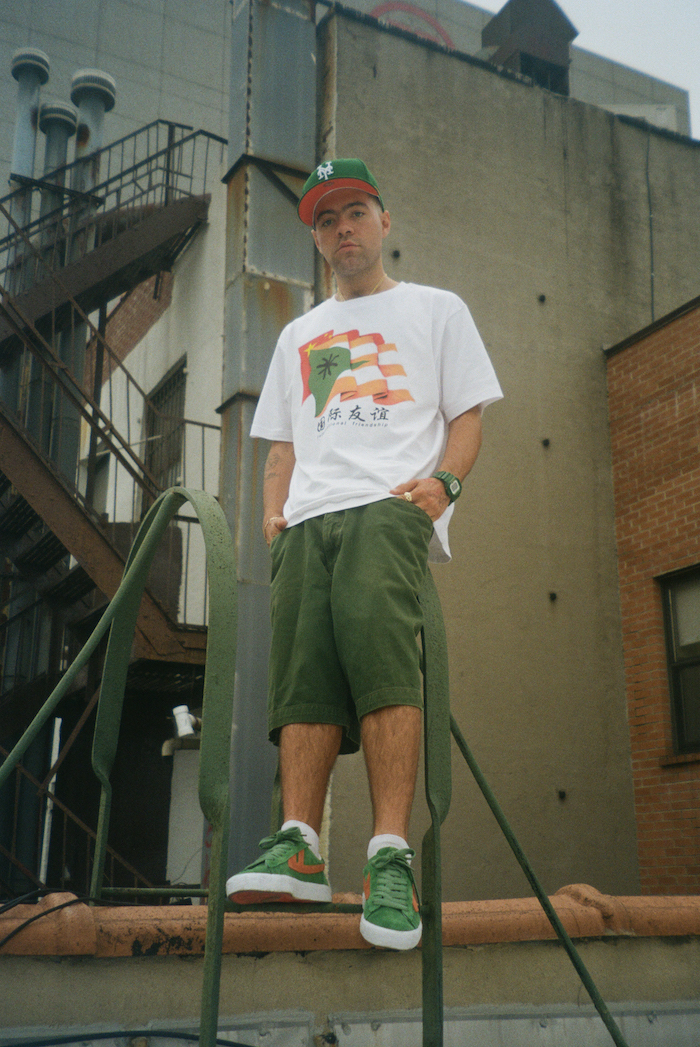

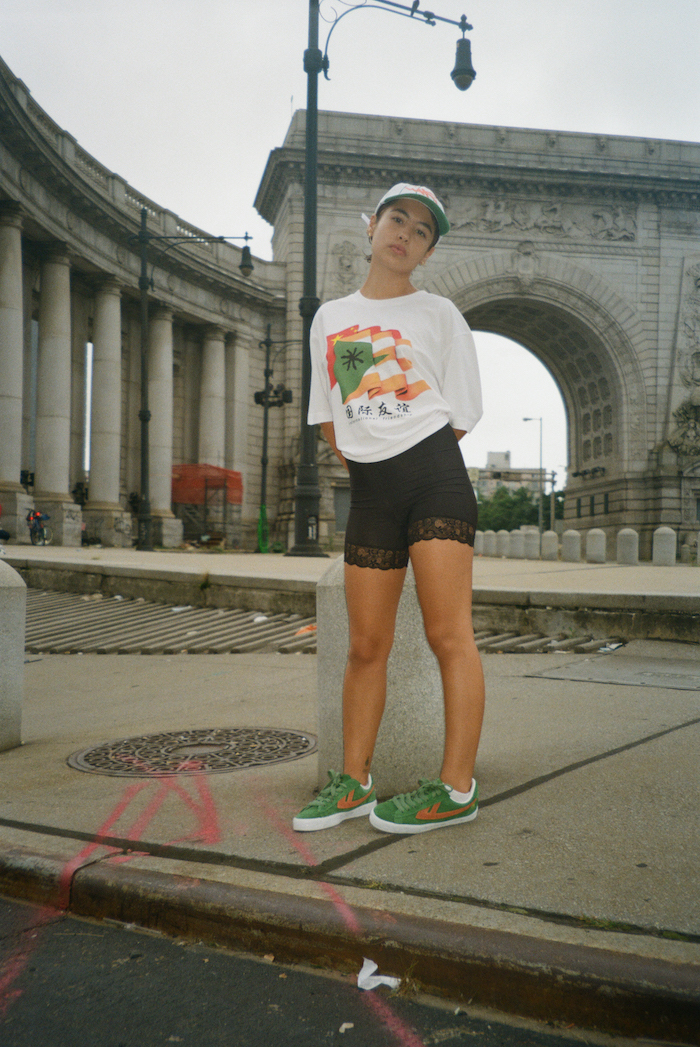
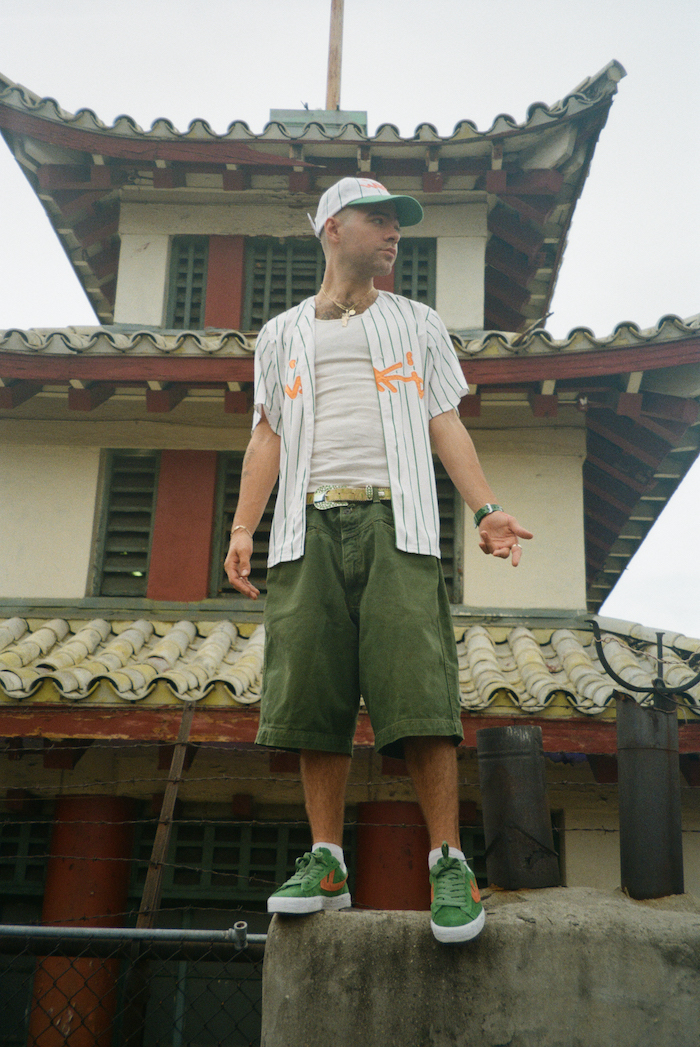
Whether it is rapping or visual art, Wiki is true to the never not working ethos of downtown New York. Work, not in the sense of punching into an office, but rather the routine of waking up and chipping away at a project that is a reflection of themselves or the world as they see it. Since his Ratking collective’s meteoric impact in New York and Europe — thanks in part to signing a record deal with XL Records in 2012 — it appeared that Wiki was at the center of N.Y.C.’s new wave that converged music, graffiti, and sports (skateboarding, basketball, baseball). “I think Ratking, we were still on our like uptown, kind of art, weird… That connected the full skating world downtown too with [Adam] Zhu and Market. And that was the zone.” he says.
I ask Wiki to paint the picture of what Market St. was like when he lived with producer Sporting Life and skateboarder/artist Adam Zhu.
“SABIO built a wall in the back. So then legendary writers were coming through every week to paint the wall. It’s so much of an influx of different people. It was me, Sport, Zhu. At some point, Shawn Powers was living there for like four months at a time in the shed, out on the roof. Shawn Powers was in the shed, with a fucking heat lamp, during the winter, like a nut! We were in it. [DJ] Sammy was staying there. Everyone was in and out of there. Now everyone’s out the crib. Zhu’s leveling up the crib. He’s on his grown up shit. But at that time, it was that dusty flophouse. It was a vibe. But it’s sick, because now he’s leveling it up where he’s got the homie Noah — he’s doing tattoos out of there. And then you got Onyx Collective — they rehearse out of there in the shed. So it’s a little bit more structure to it. It is still that productive shit. If we’re like, ‘oh, Zhu we need to do something,’ he’ll make it work. And then there was the Know Wave era. Everyone was just connected. It was cool.”
Wherever Wiki and his team set up shop, either Washington Heights during the nascent years of Ratking, or downtown at Market, there was a magnetic energy of their camaraderie. He rattles off more names of his musical contemporaries: Princess Nokia (f.k.a. Wavy Spice), Show Me the Body, and Tony Seltzer (f.k.a. Young Gutted). “I rather just put on for my people. And when I mean my people, like the people that are around me that supported me — the community,” says Wiki. Arthur Soleimanpour, the founder and owner of Parks Dept, a community-driven audio-visual platform extolls the impact of Market St. “It’s one thing to have space in your heart and be mindful of it. But it’s another thing to have a physical space to gather together and manifest their ideas,” says Soleimanpour. This creative oasis has the heir of Neverland. Kids doing what they want, living free from the boundaries of their parents. Like Peter Pan and the Lost Boys, eventually the Market scene would mature.
Bruno Dicorcia, Wiki’s childhood friend, bears witness to Wiki’s evolution. “The new album is very streamlined, elegant, simple yet elevated. I think that's where Wik's at stylistically. I think he's proven a lot of what he's set out to prove and has probably been in the game long enough at this point to be reflective on the whole experience,” says Dicorcia.
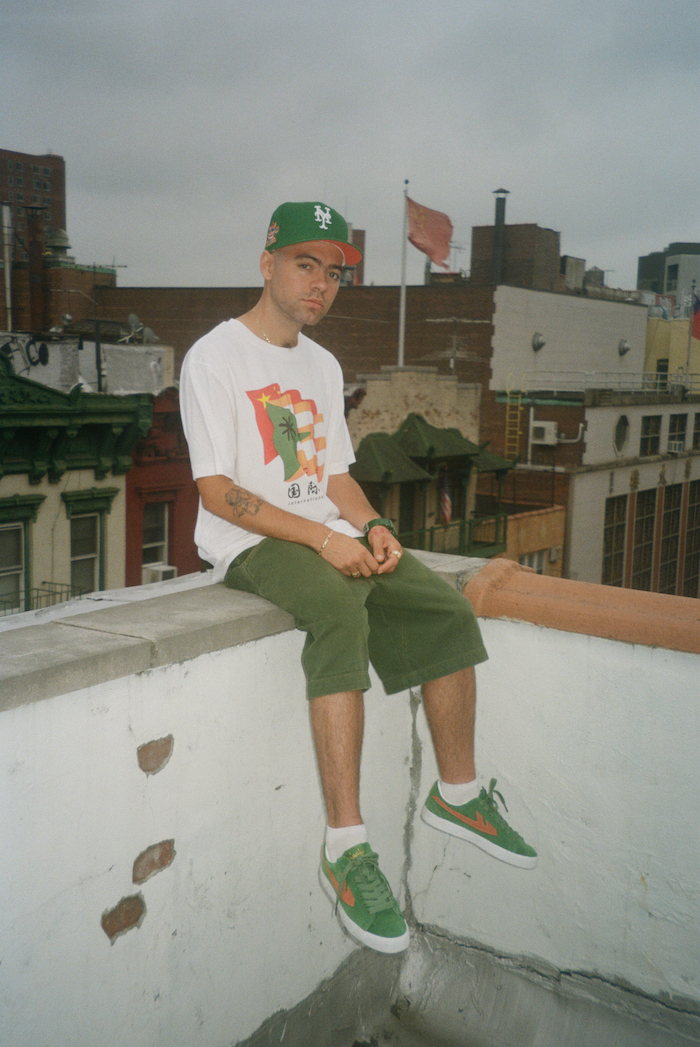
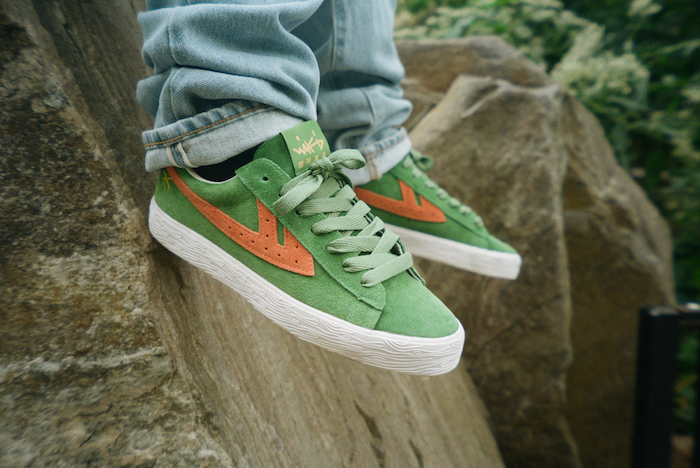
The young man who graduated from rap’s rookie of the year to young OG recently attracted over 100 people outside of The Good Company shop on Allen St. in the Lower East Side. The crowd spilled out into the street on a grey afternoon, while cars were rubbernecking at the spectacle of kids huddled around Wiki, Navy Blue, and the PA system. It was hip-hop: raw, in the streets, in its essence. Longtime fans who grew up with Wiki, to middle-aged adults were awestruck.
The lack of alcohol in Wiki’s life is in focus on this album. The piano chords looped by Navy Blue on “Not Today” spiral Wiki into existential mode. The sonic backdrop is a brooding place for Wiki that he’s never been before — he’s sober, more clear-headed than his output thus far. His contemplative course is a marathon over more minimally-scaled beats that now predominates much of hip-hop from the likes of Roc Marciano, Ka, and Griselda. For the guy whose drunken hoarse New Yawk drawl intensely contorts rhymes to wet the palette of rap purists, he let his guard down for a heartfelt commitment to wife his shorty on “Never Fall Off.” To “white Nike her…” as Wiki says, is just as deep of a sentiment when lacing up his lady in the finest of footwear.
Last November, Wiki flew to Los Angeles — his first flight during the pandemic. He needed to detach from N.Y.C. At the time, he broke up with his girlfriend. Depressed, he struggled with alcoholism. A call from Navy Blue, also known as Sage Elsesser, changed everything. Wiki took up Sage on his offer to hang out in L.A. and to record some music at The Alchemist’s studio. The distance from Wiki’s demons helped create “All I Need,” the first track he recorded for Half God with his good friend Earl Sweatshirt. Wiki felt rejuvenated. He claimed that that pandemic pushed him into an actual comfort zone. We’re taken to that safe space on Wiki’s “Roof.” He raps with a zen-like clarity, “My roof is my favorite, my only kind of entertainment, my own private vacation. Hyper when the light graced him, from the sun when he waited with the right patience. I’m writing and I’m pacing, looking at the cityscape. Is it a simulation? In the middle of the city in isolation.” The slow burn of Sage and Wiki are a potent concoction for spiritual healing at a time when New York needs it most.
As the city is in flux, clawing back from the pandemic, Half God, Wiki’s fifth album speaks to the theme of resiliency. It is akin to The Blueprint, another introspective classic by the God MC, Jay-Z. It was also Jiggaman’s fifth studio LP, released on September 11th, 2001 on which he wrestled with protecting his throne. It was also one of his most candid reflections of surviving the drug trade. The Blueprint was released when Wiki just turned 8-years-old, Wiki laments the loss of the Twin Towers on his first two Ratking albums, and in a snapshot on the cover of Lil Me. The 9/11 attack on New York matured Wiki before he was an adolescent. As the city transforms under the forces of gentrification and the climate crisis, New York City will be tested past its capabilities. What will be left is a mystery. What once was, is written by one of its greatest narrators. “Patrick hasn't really changed my perception of New York rap as much as he's reaffirmed it,” adds Bruno Dicorcia. Here is New York, once again.
